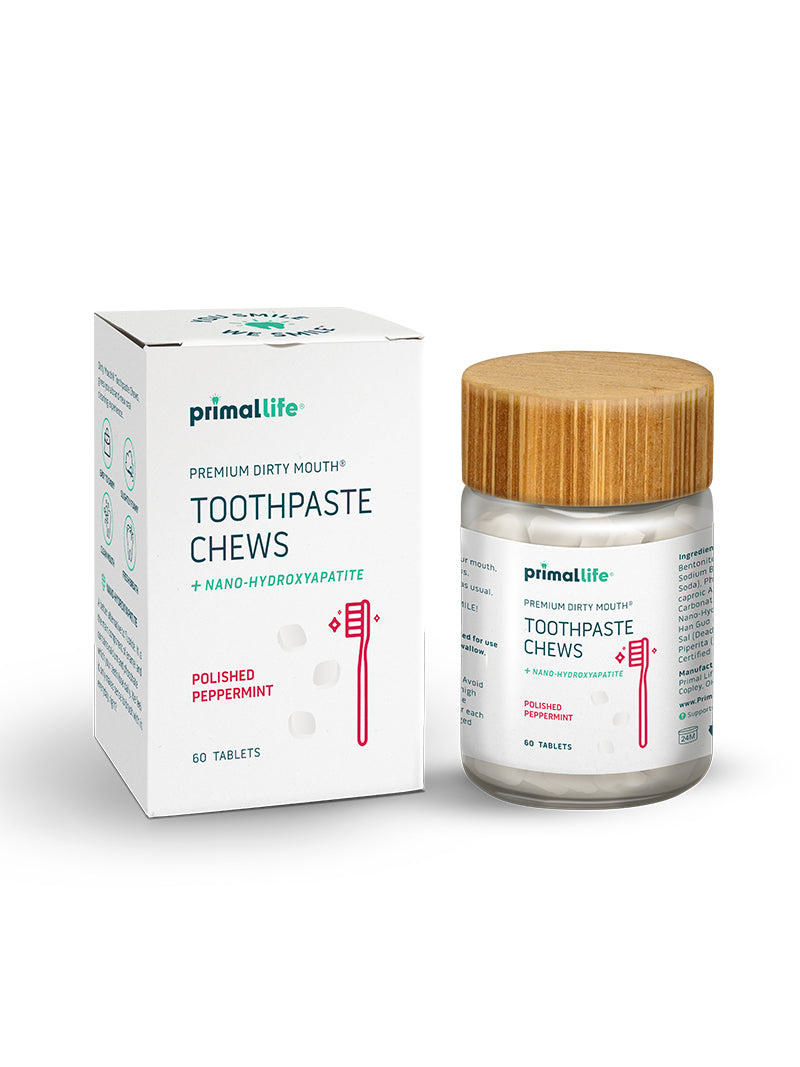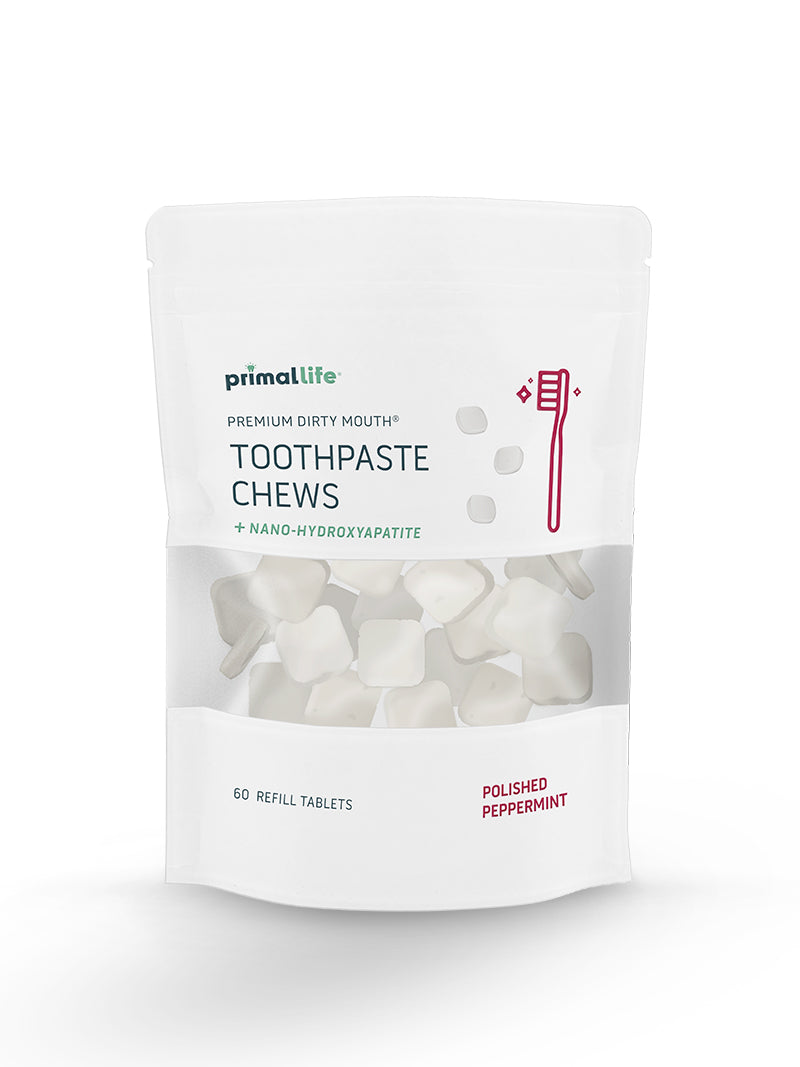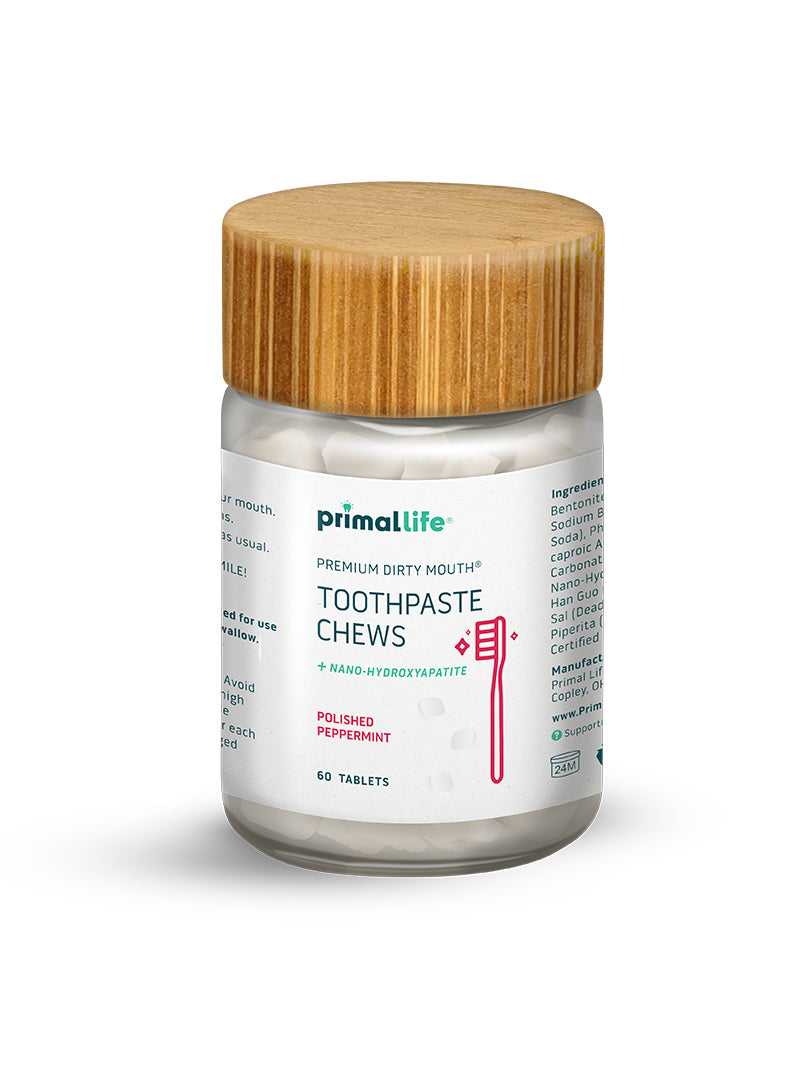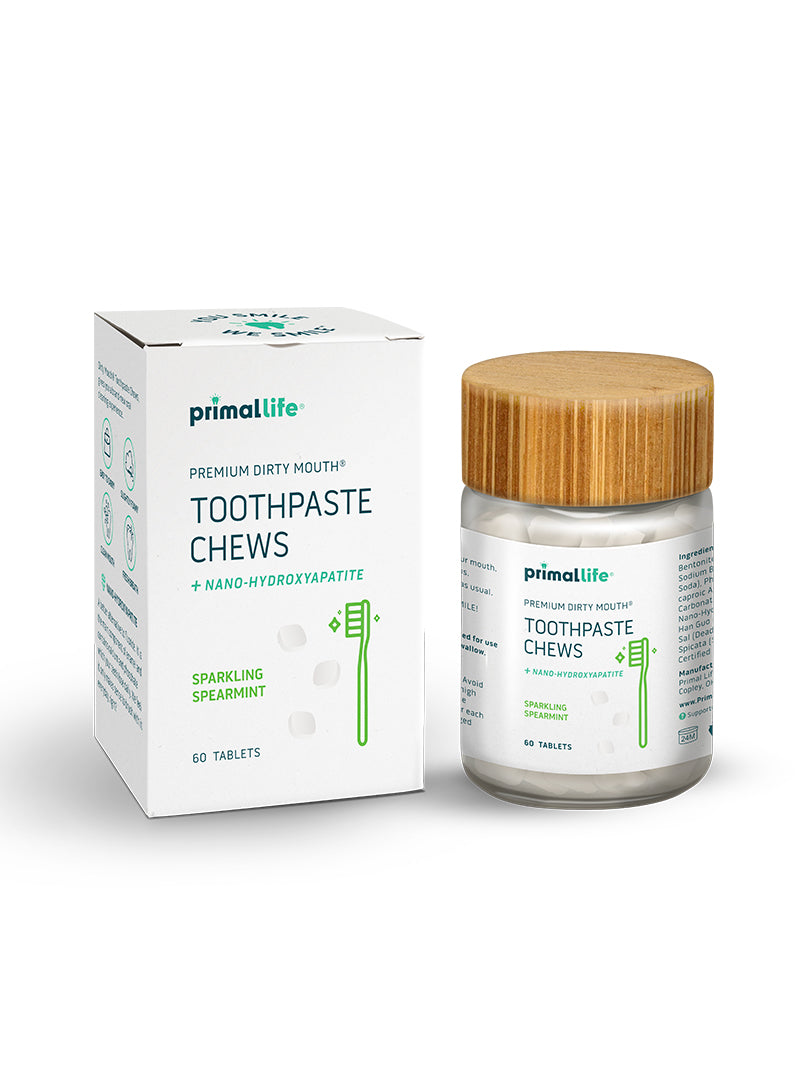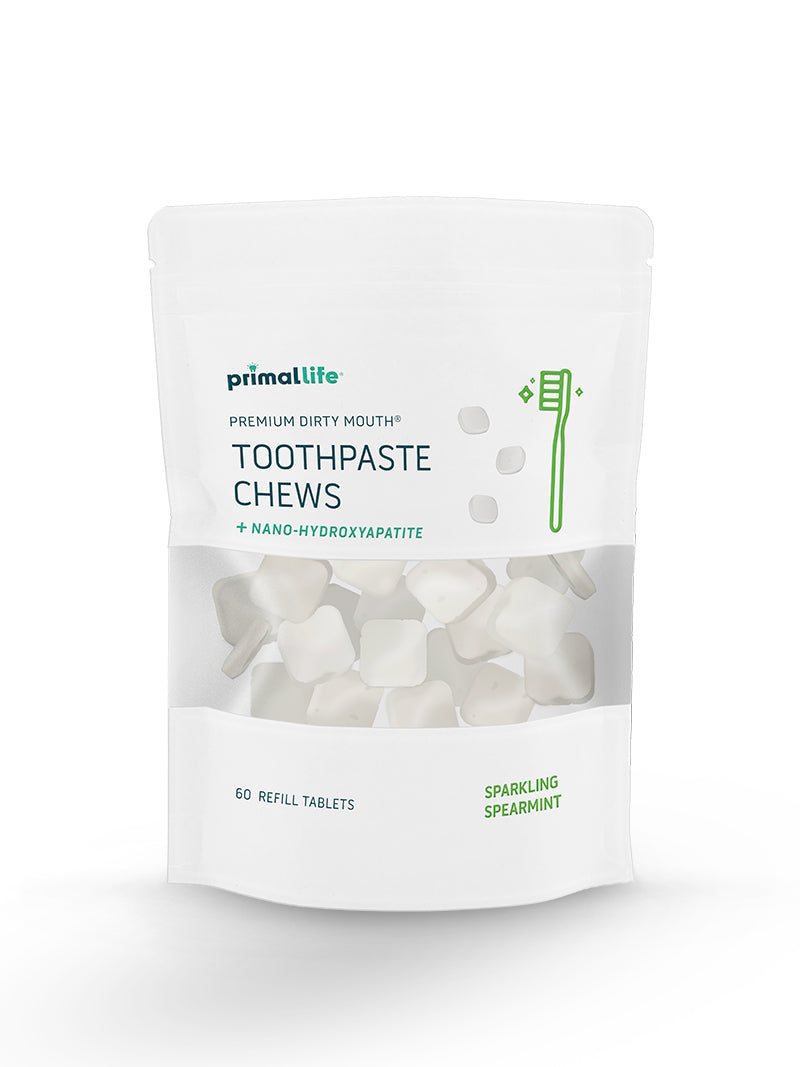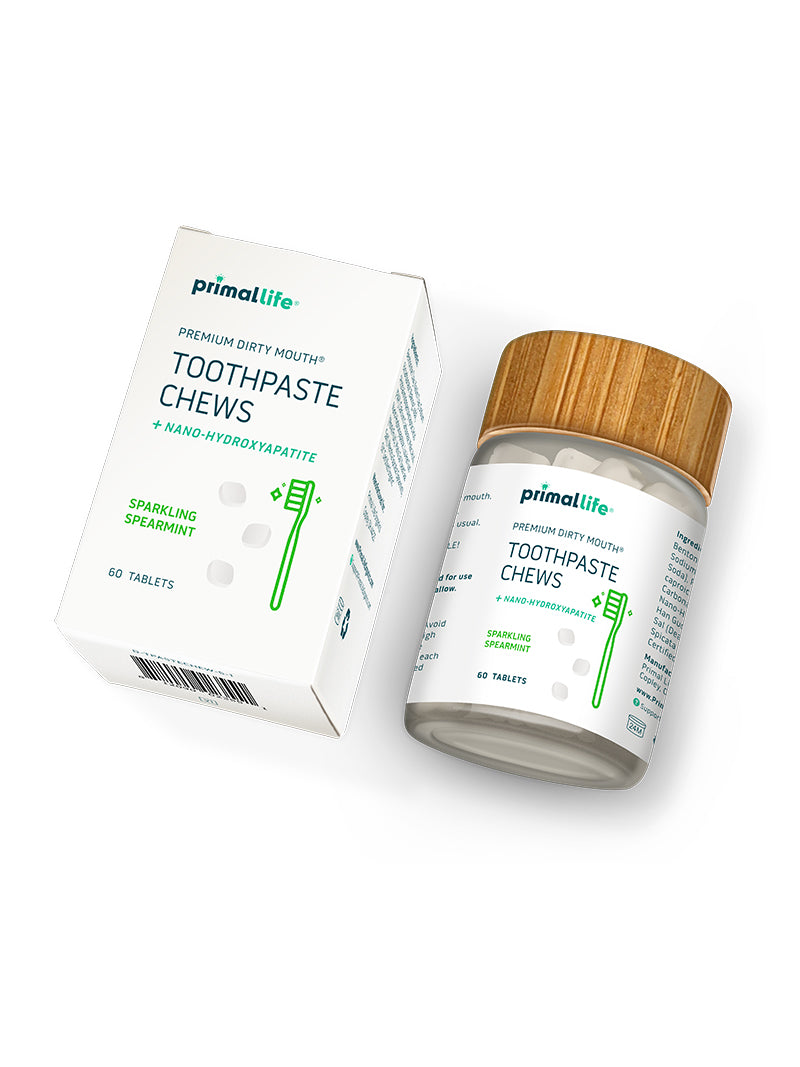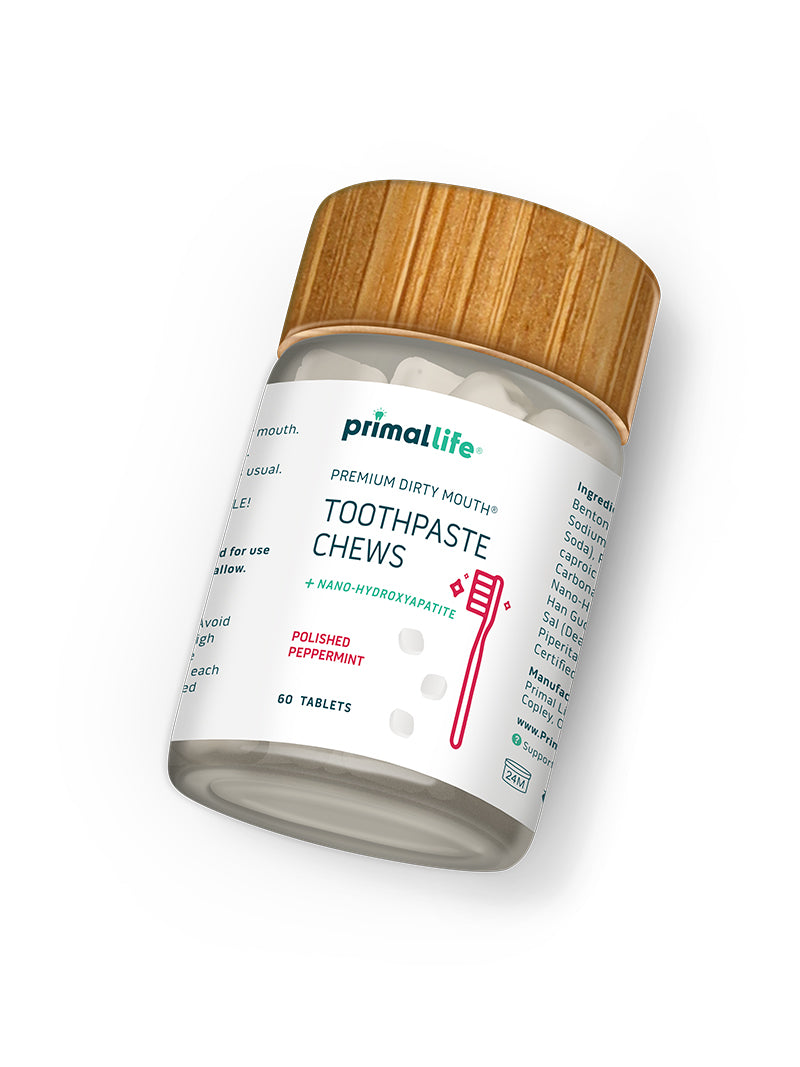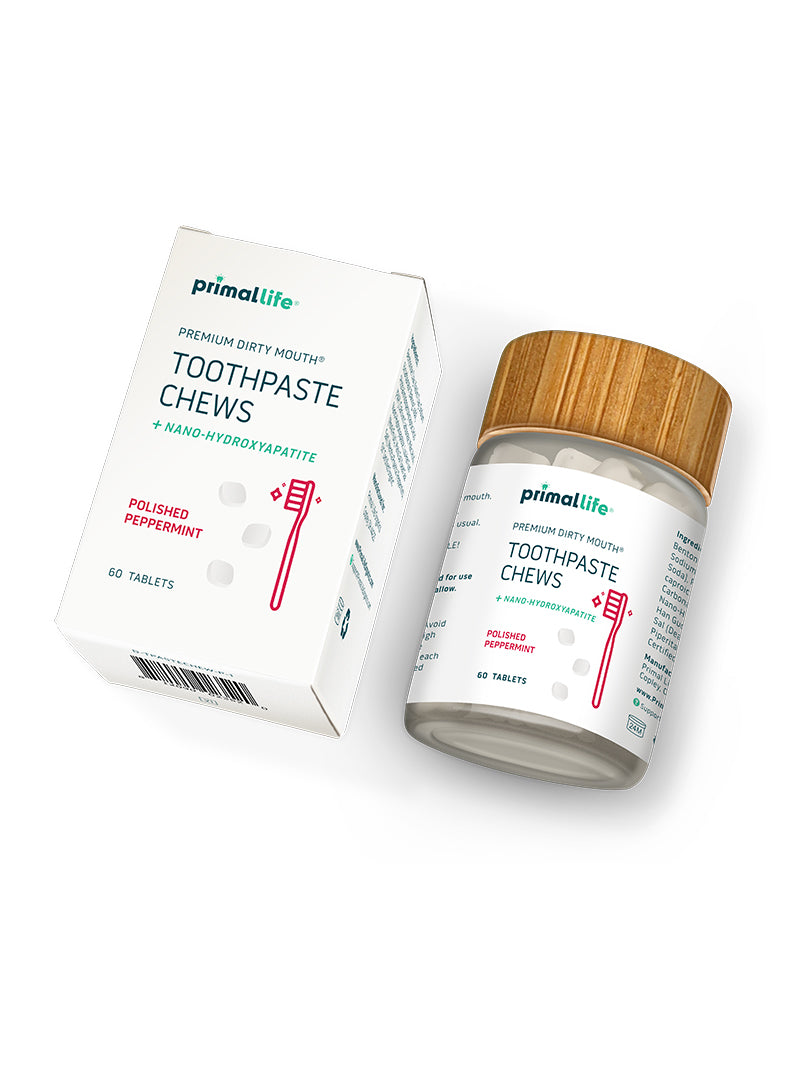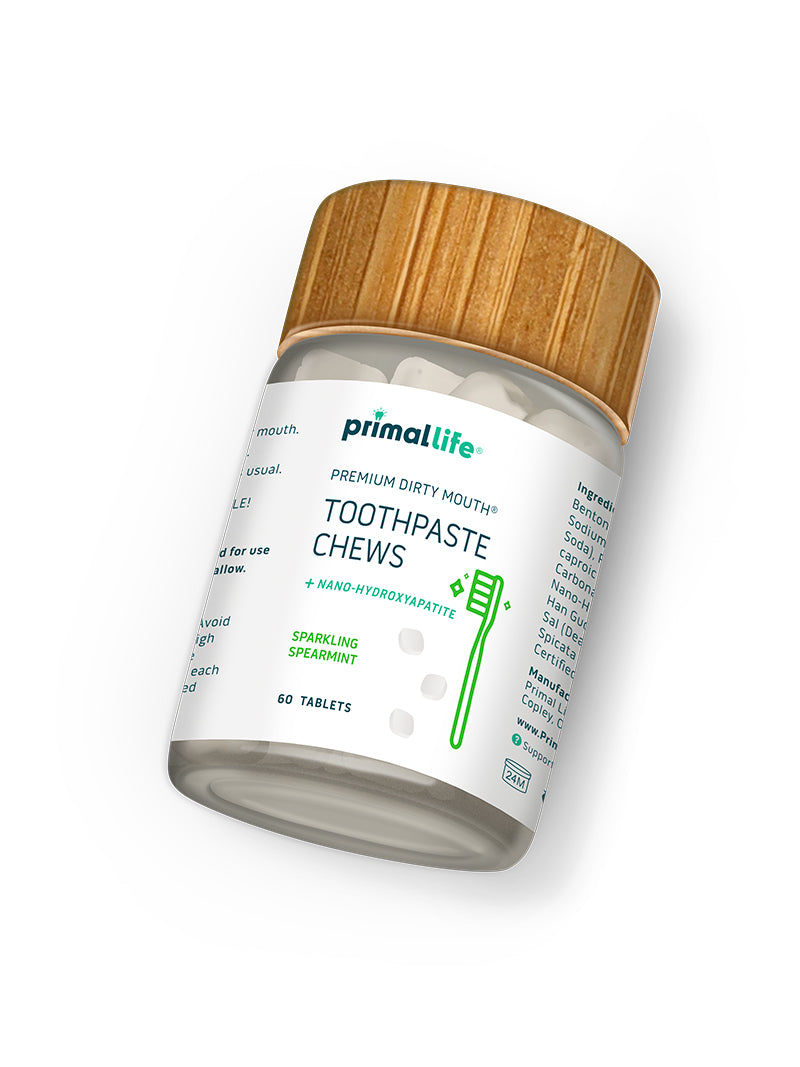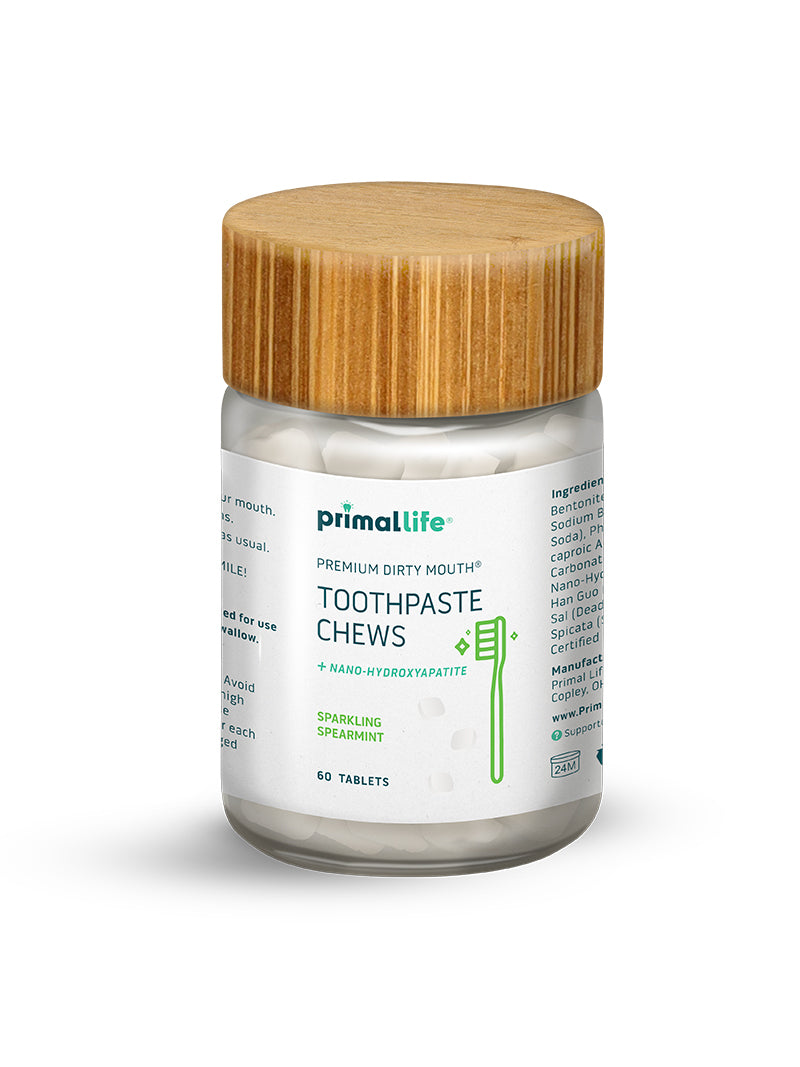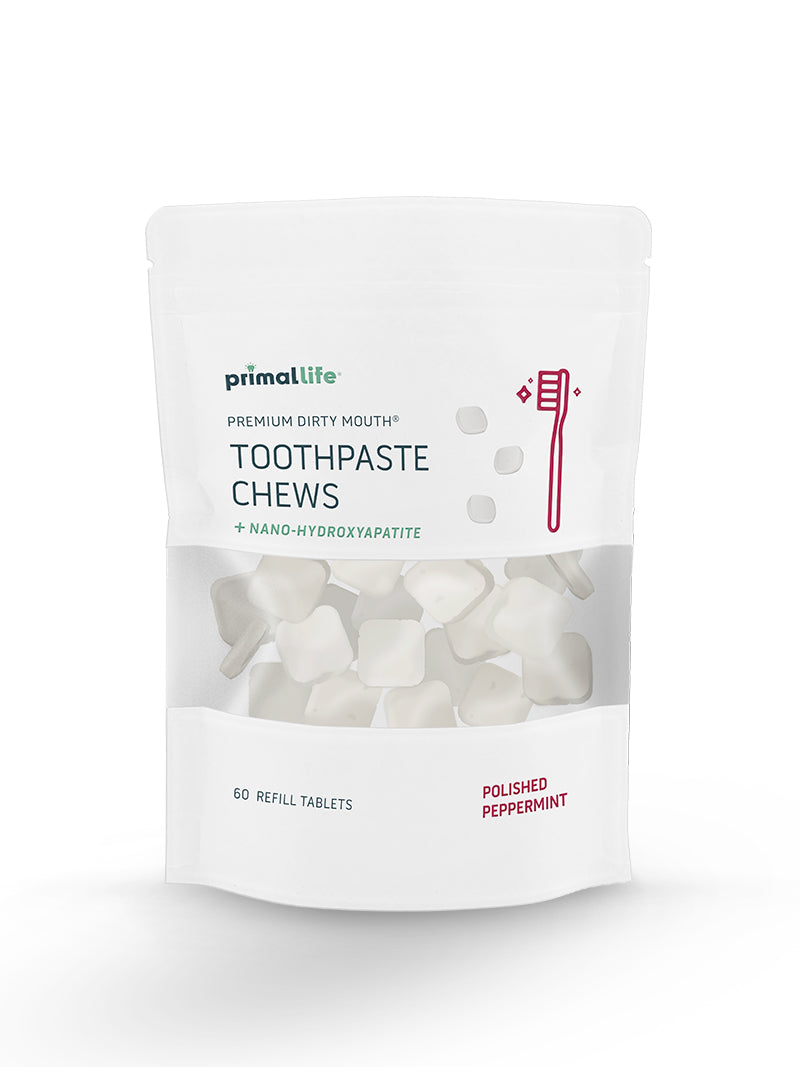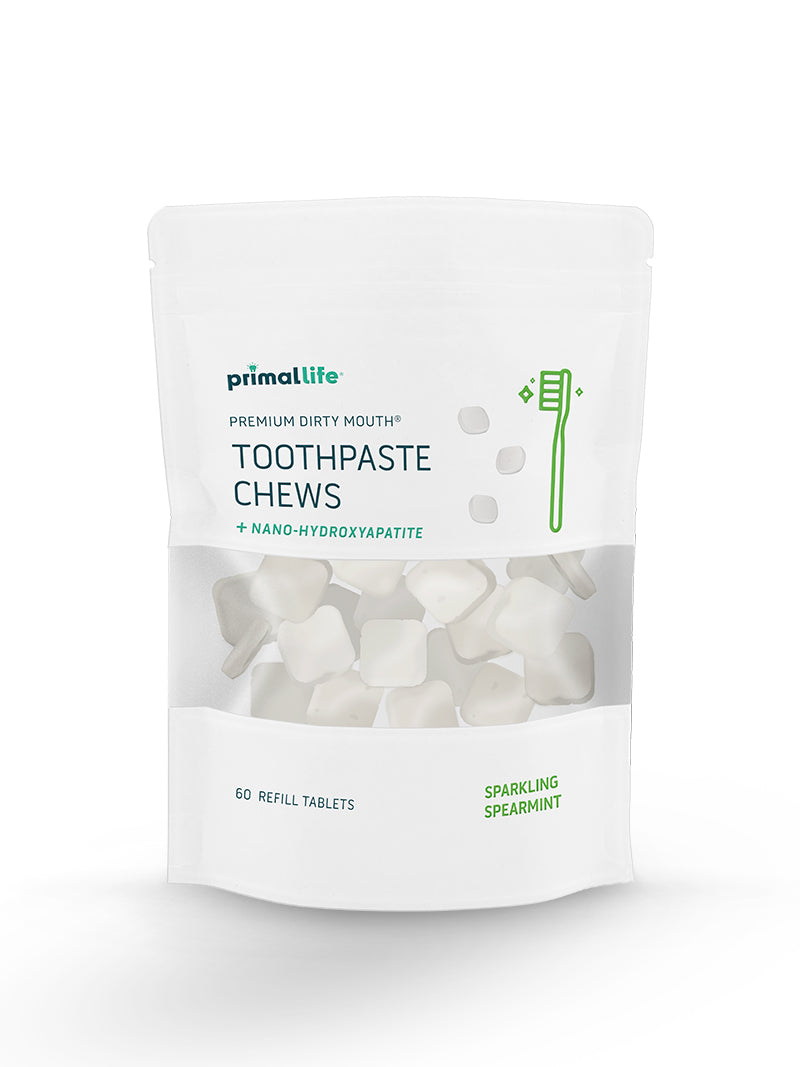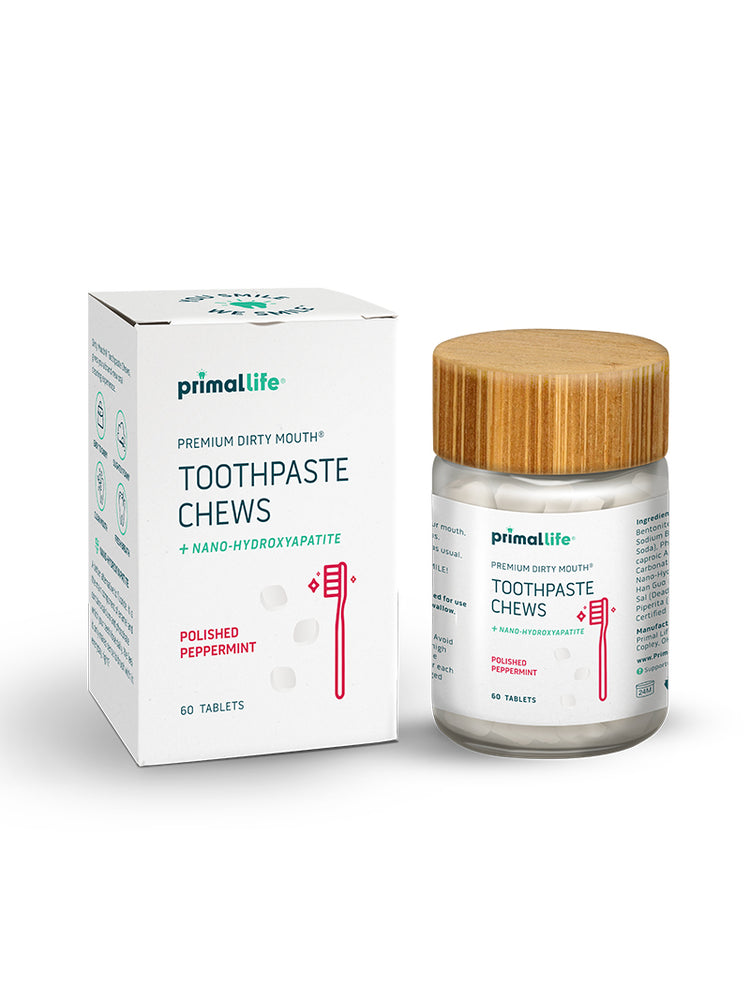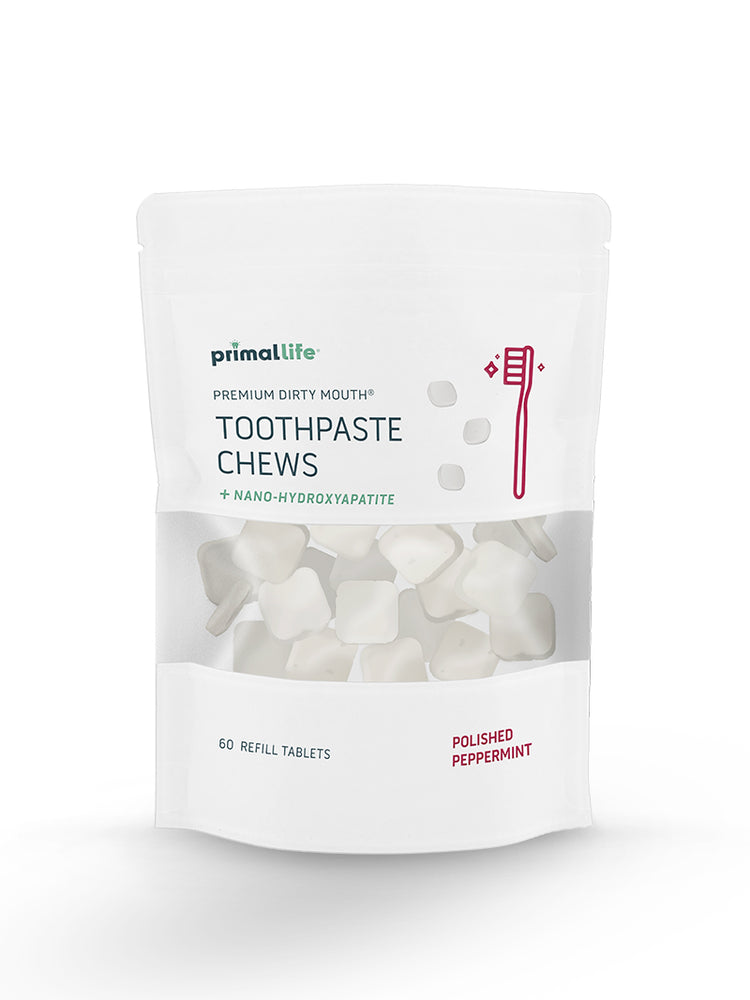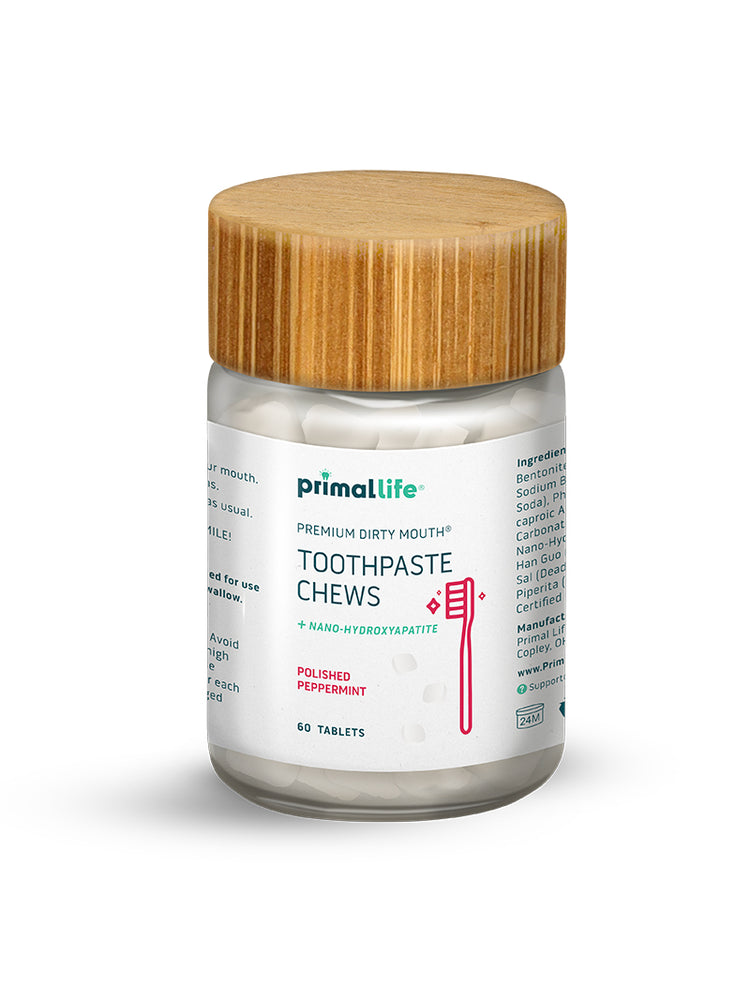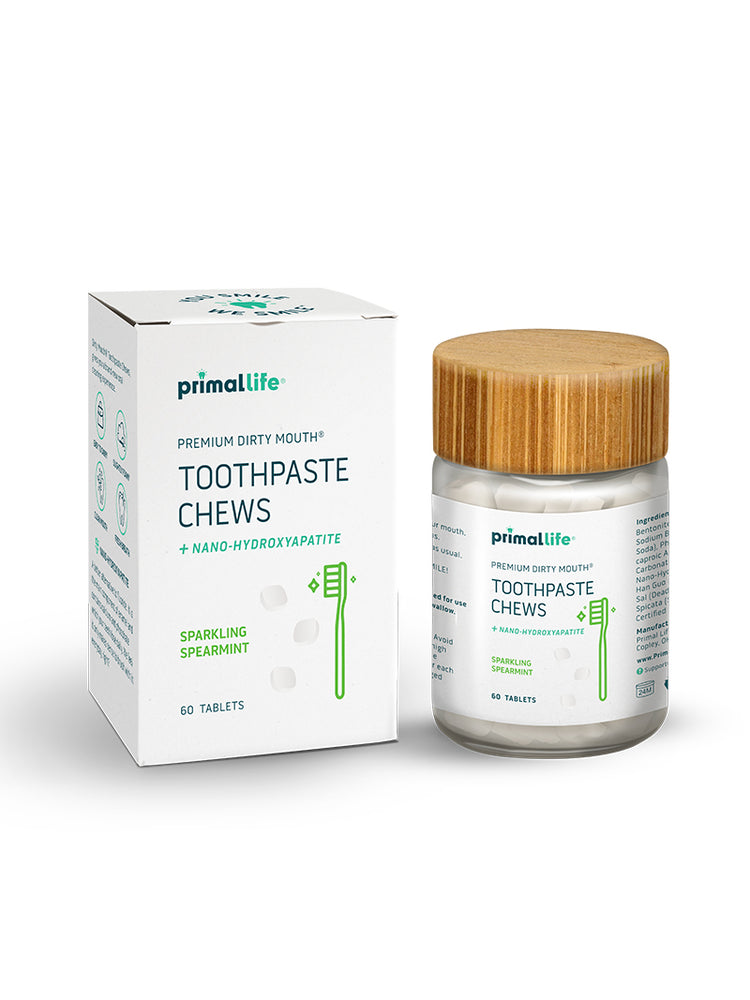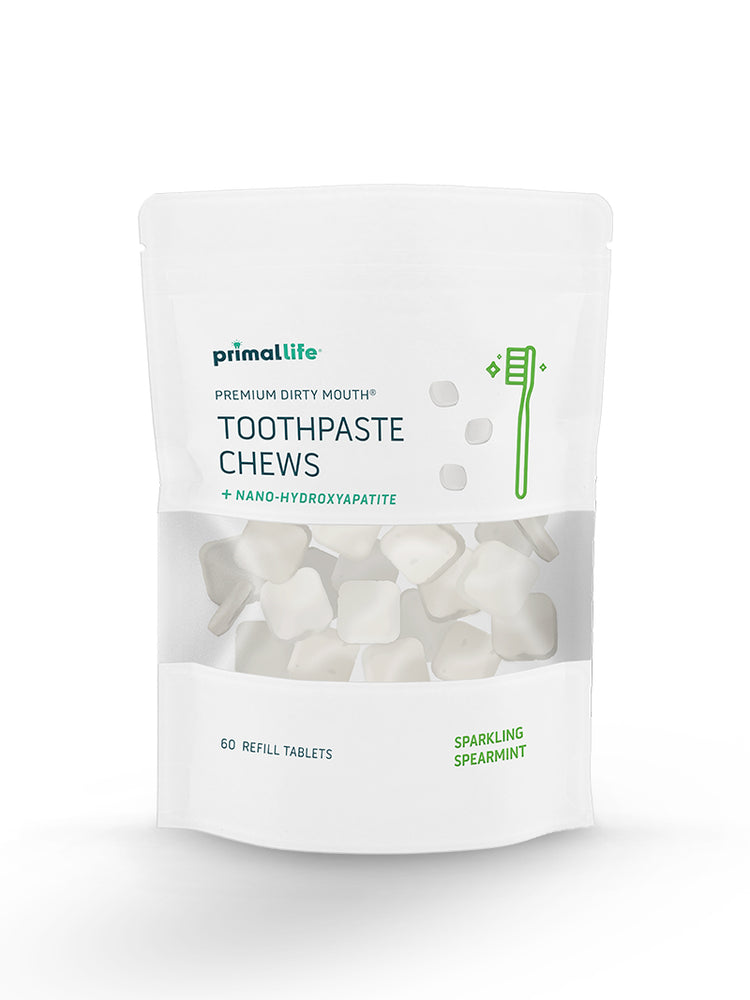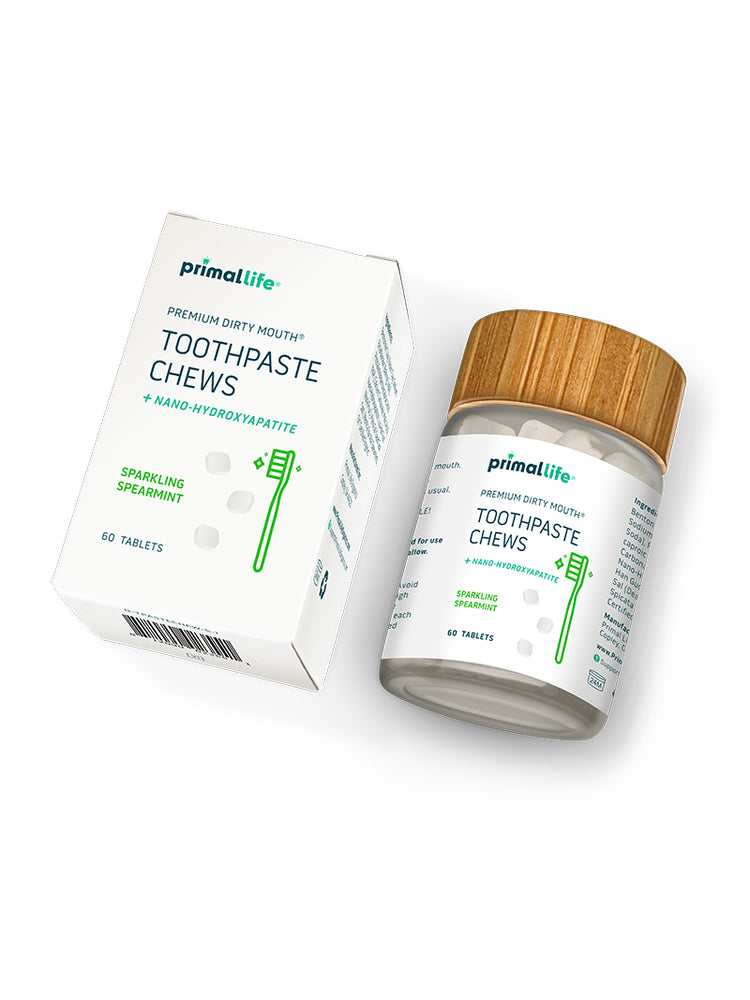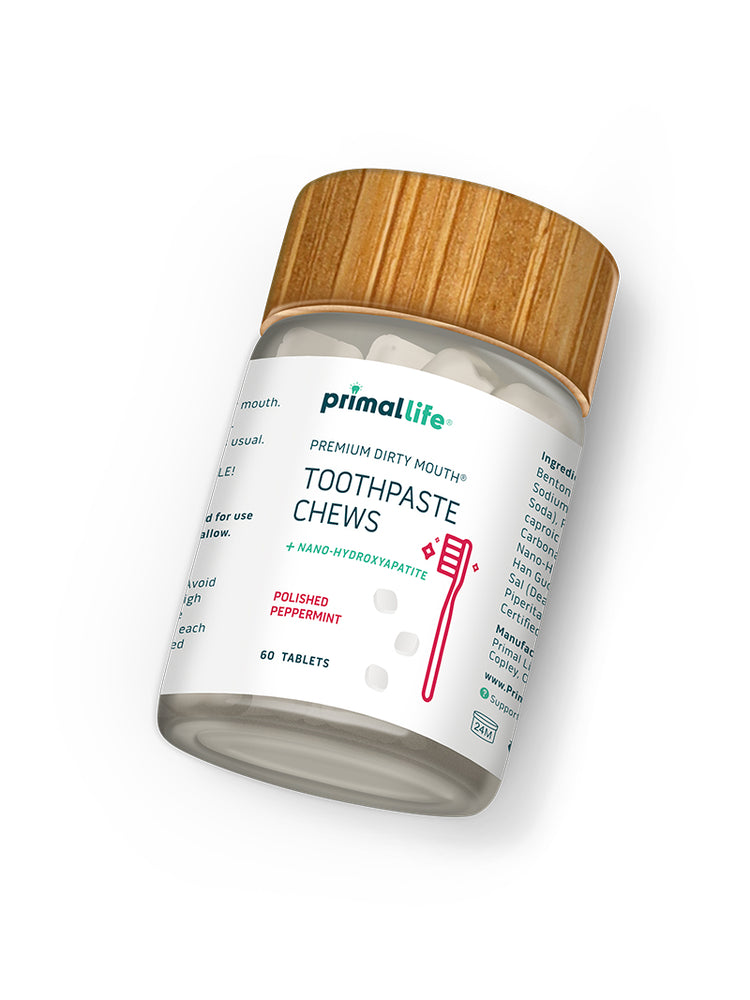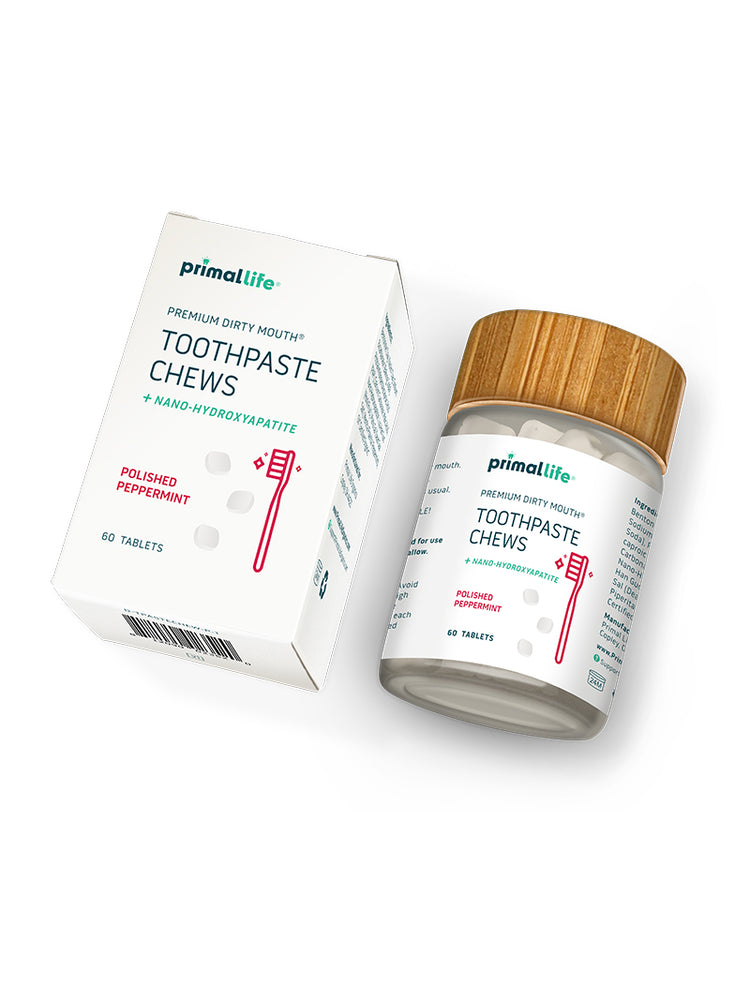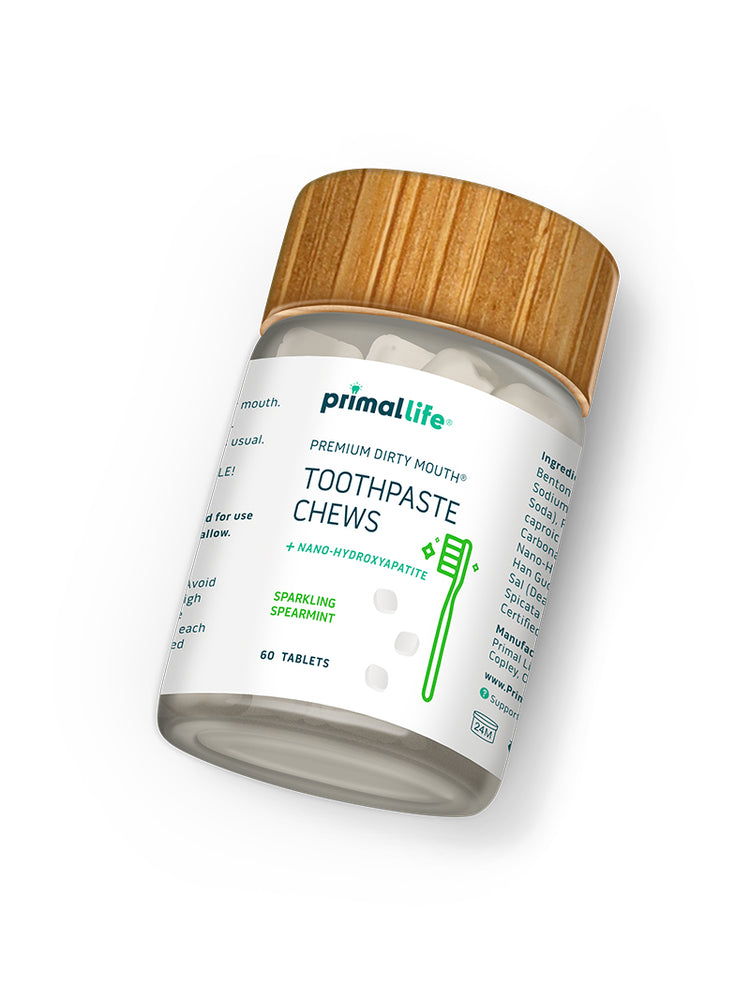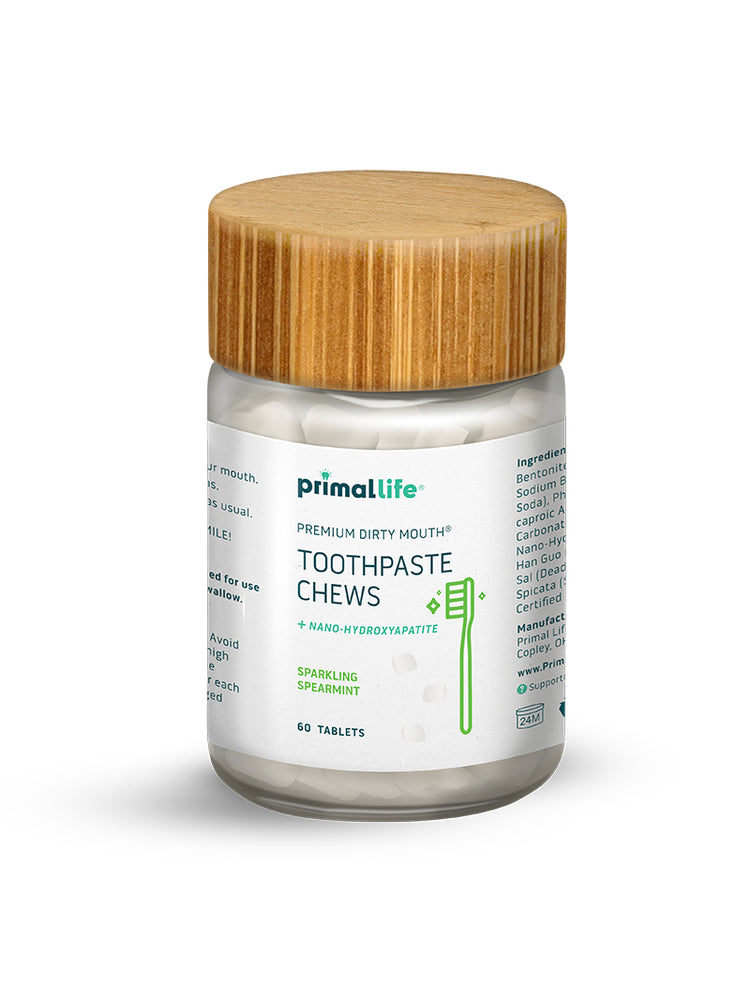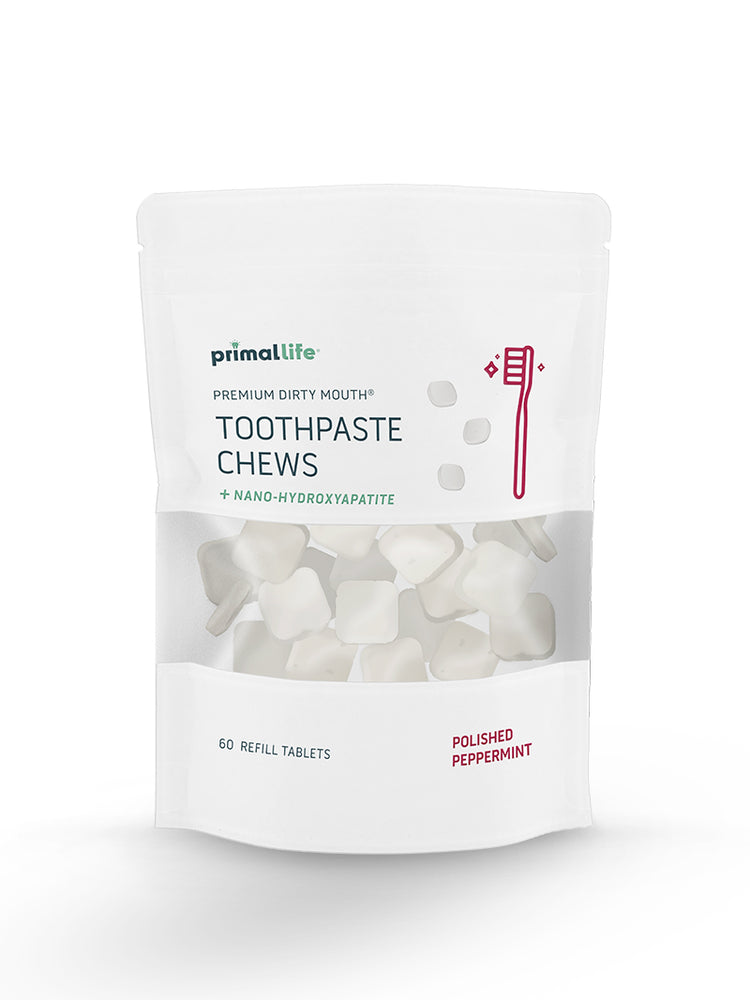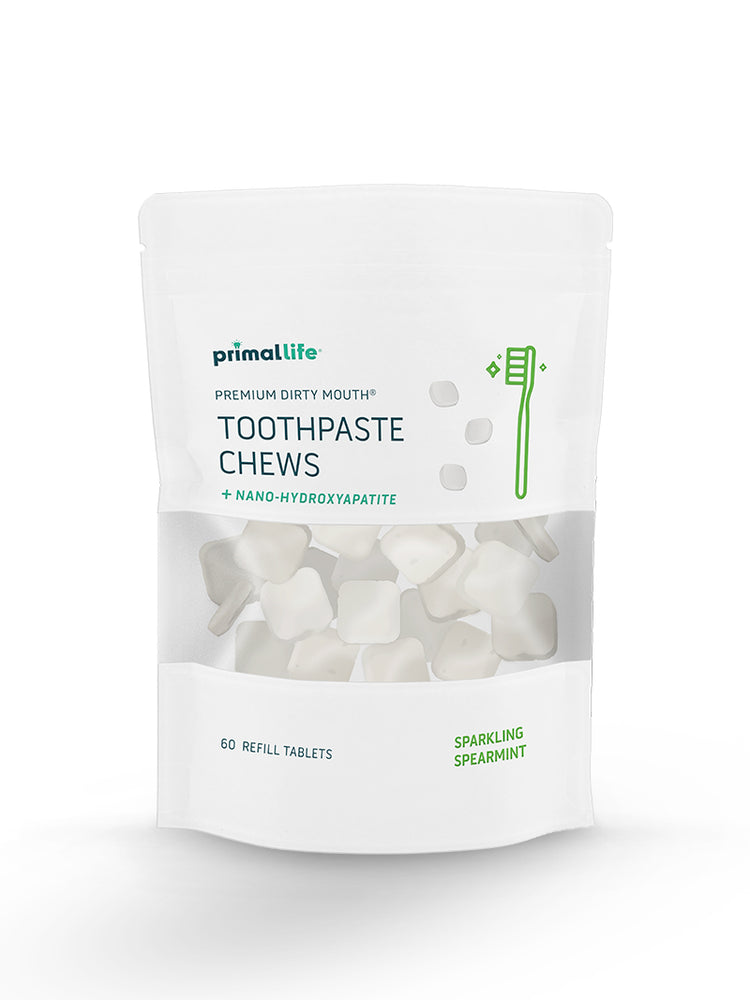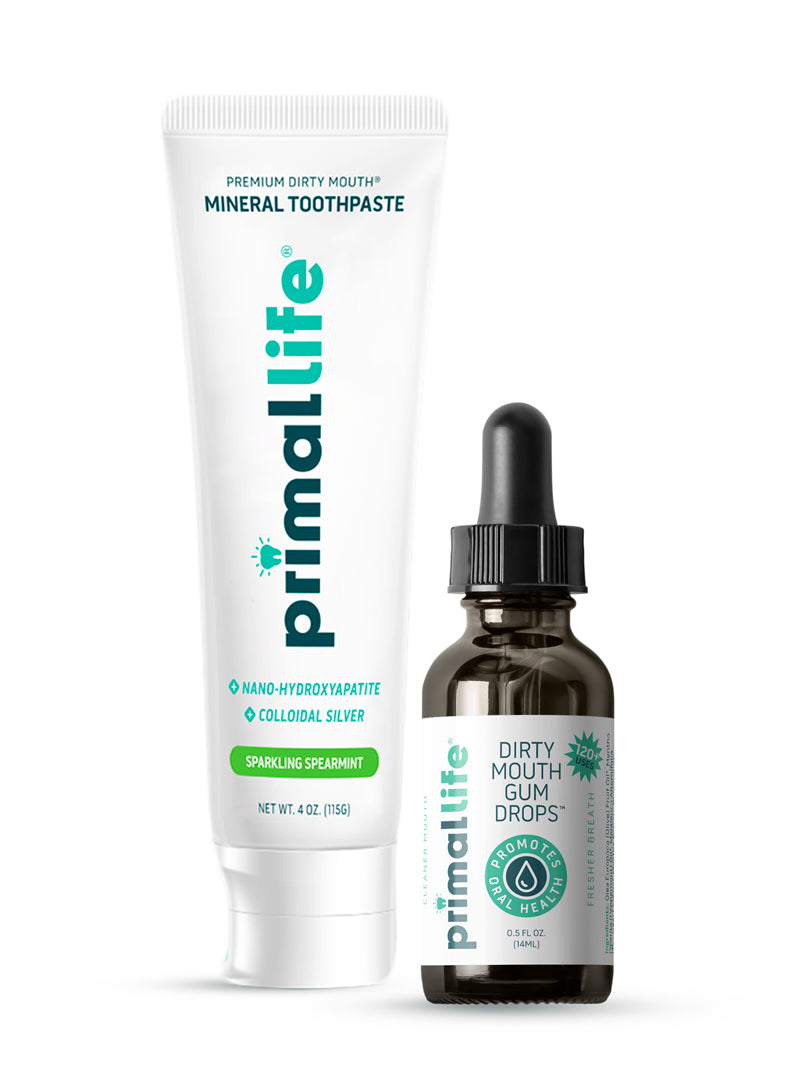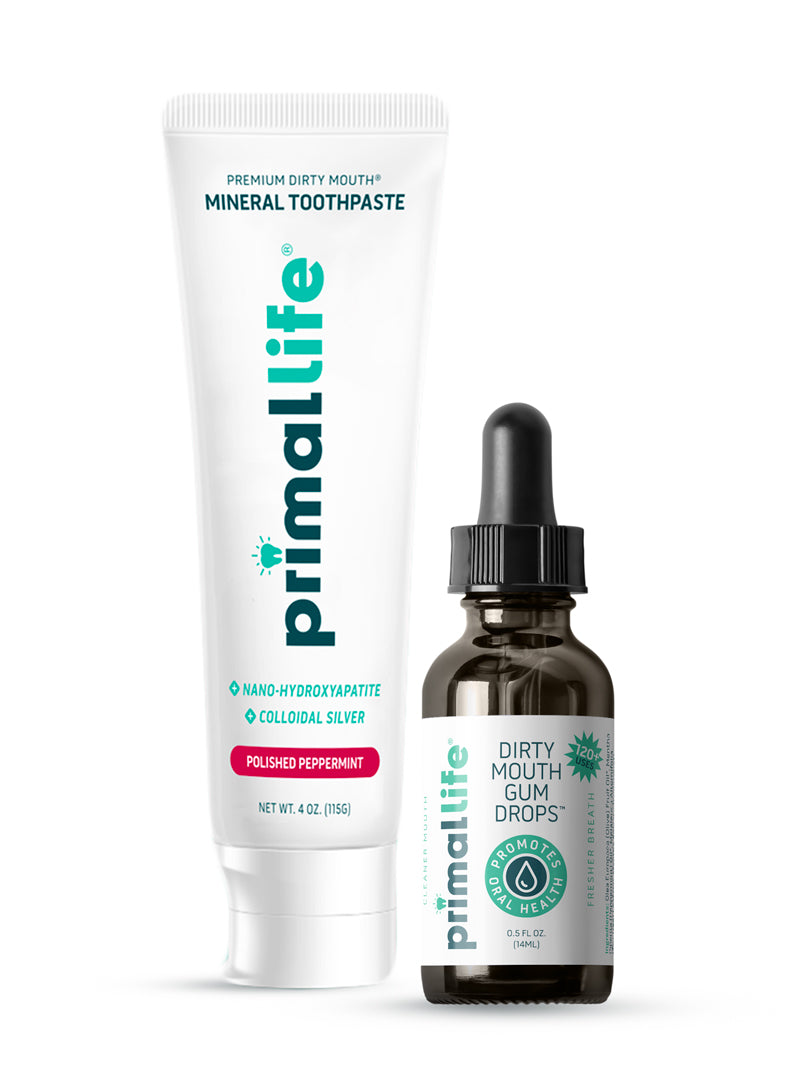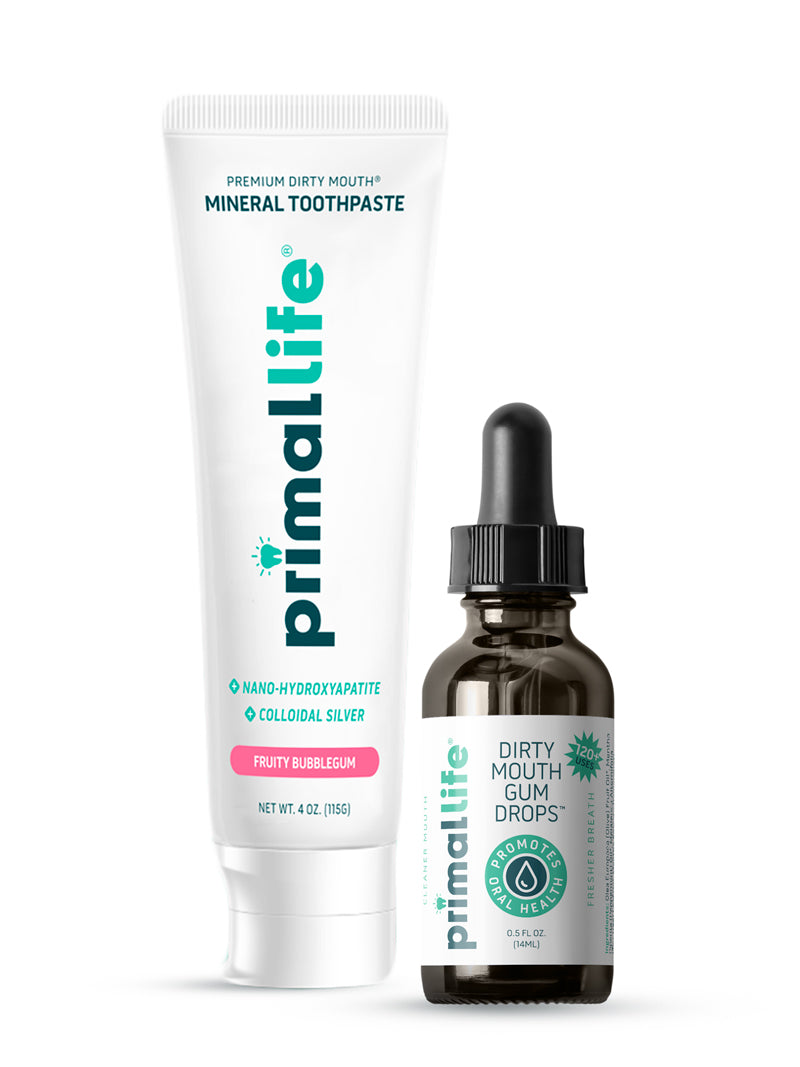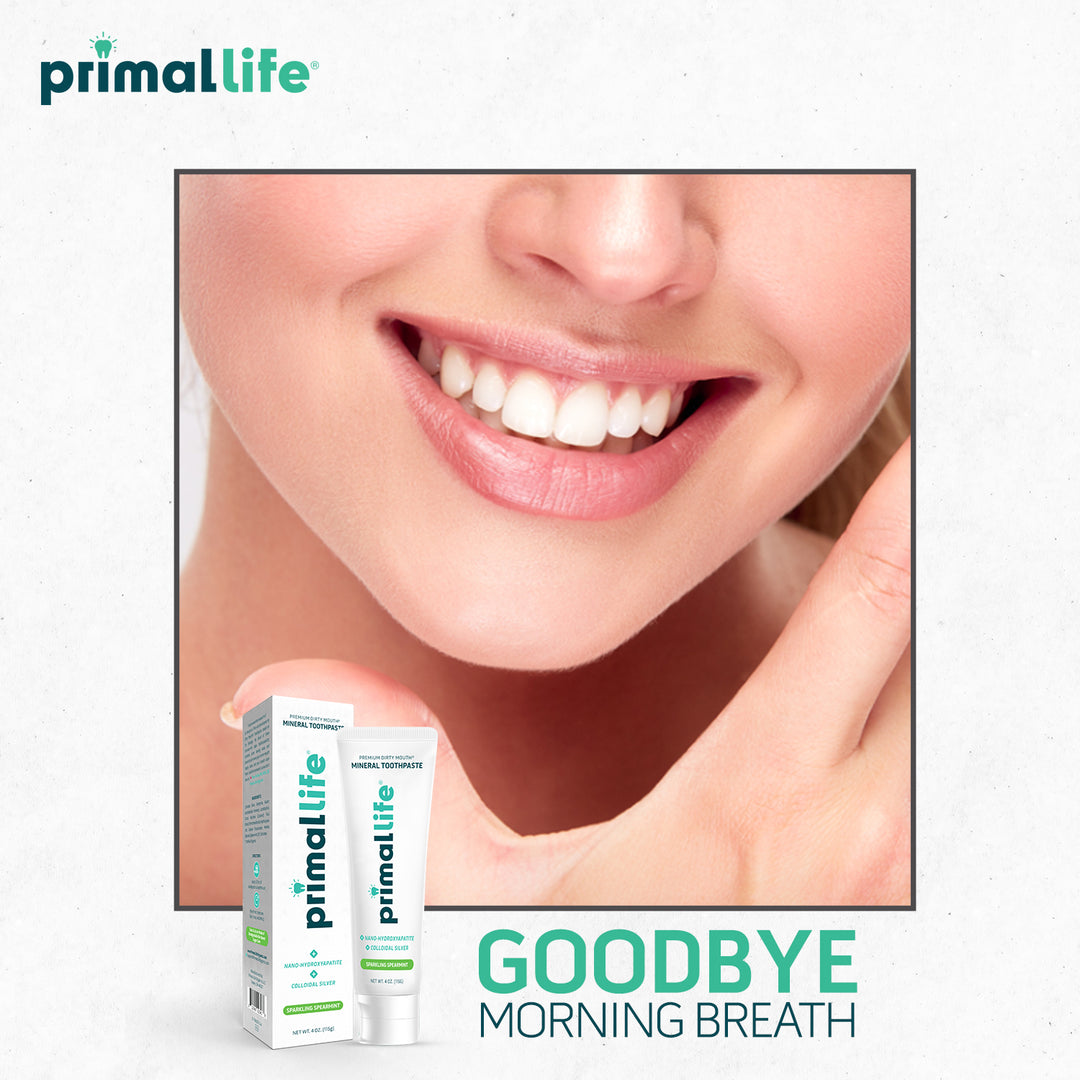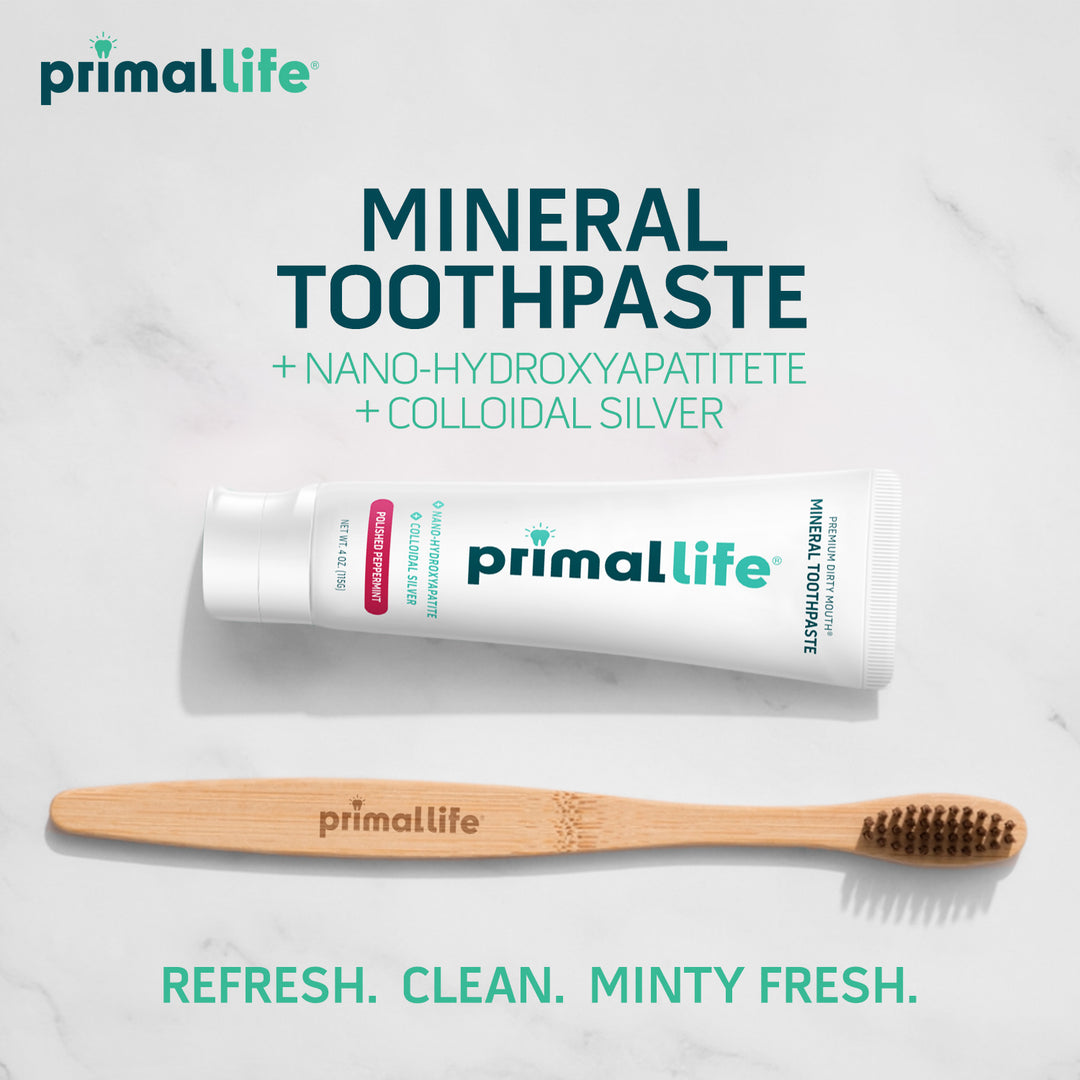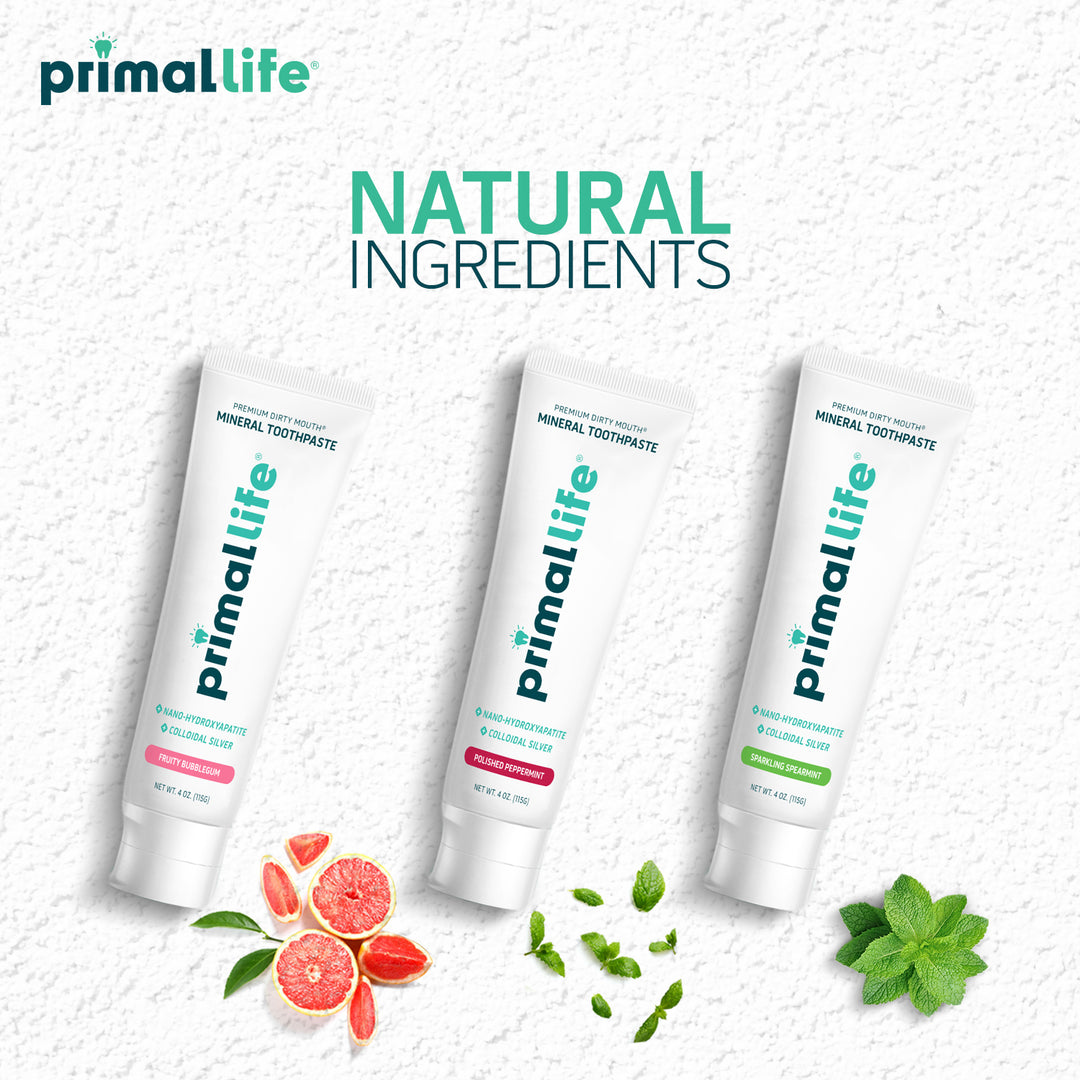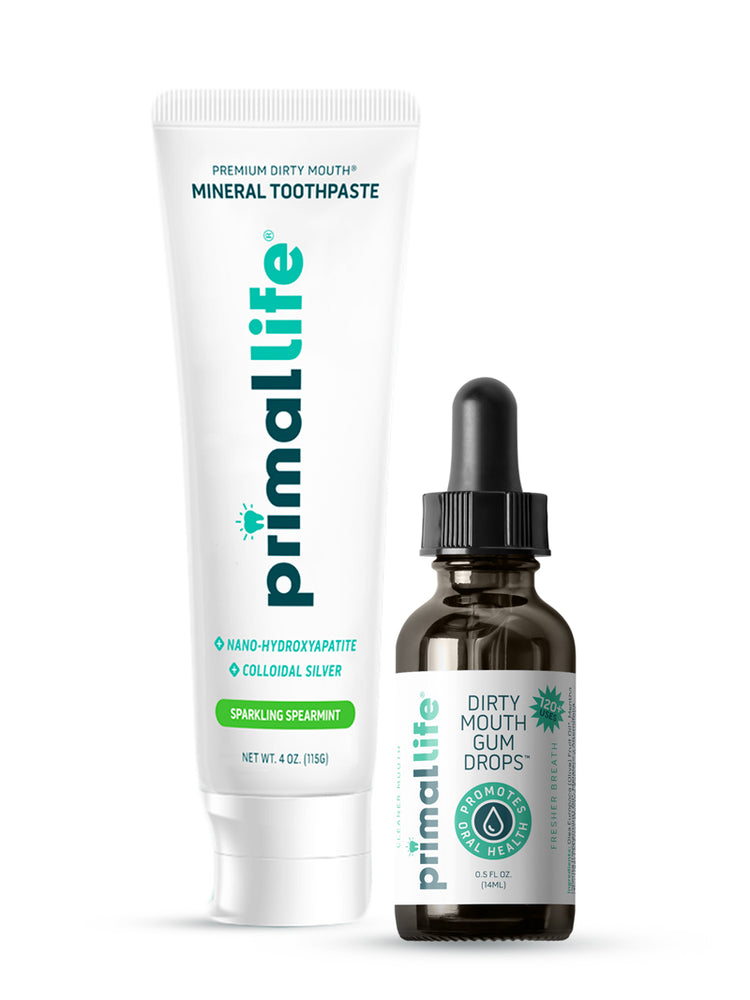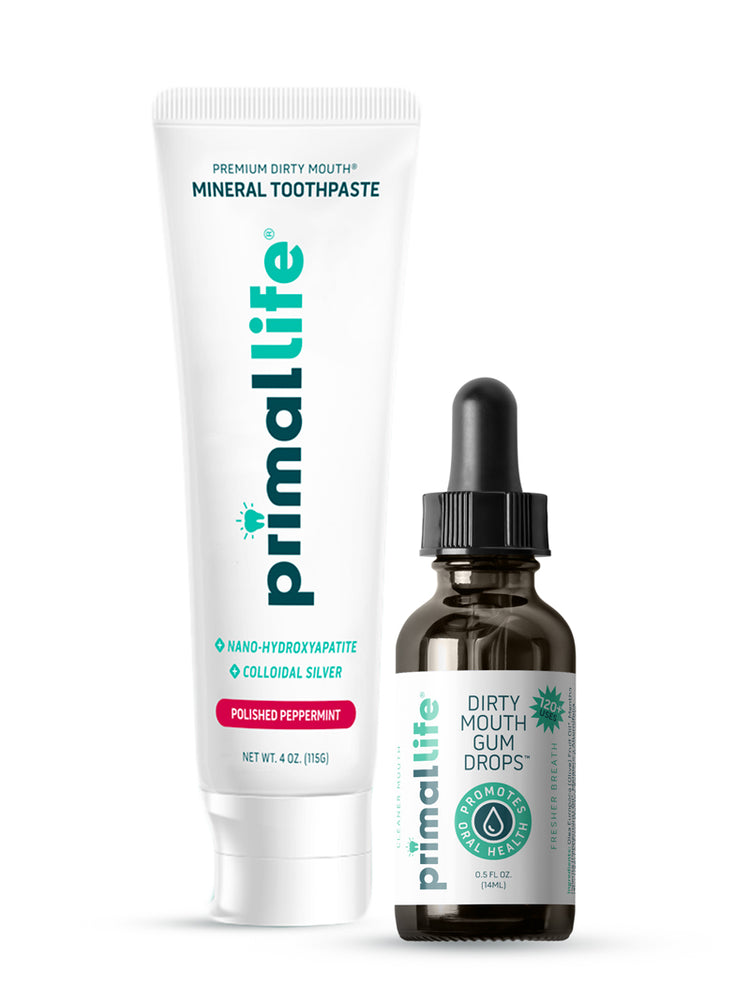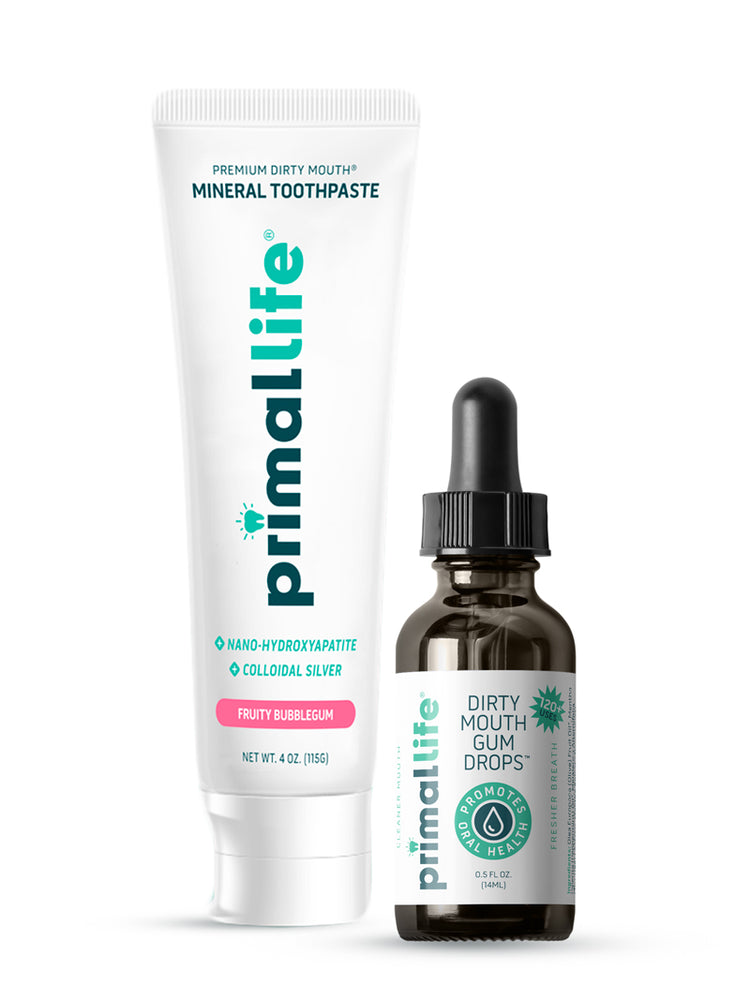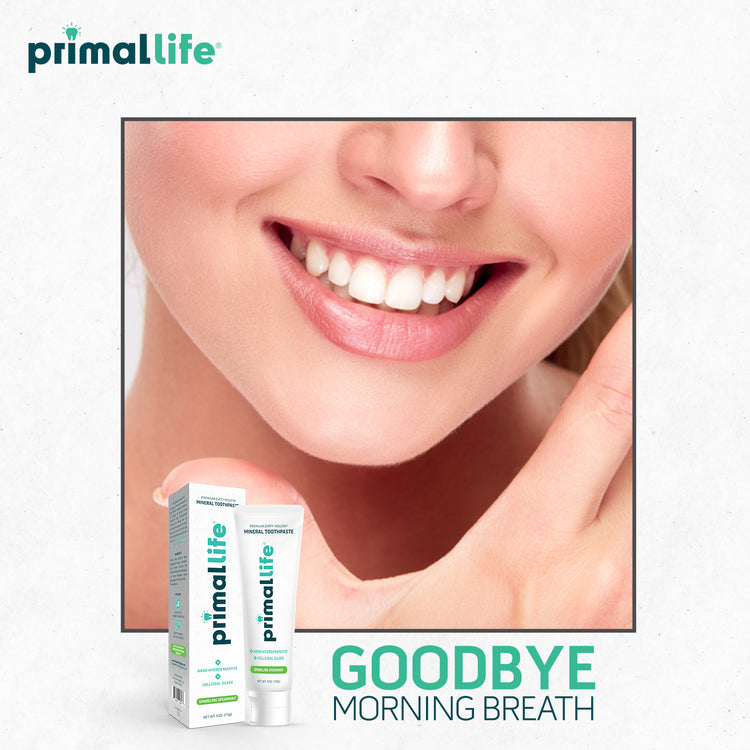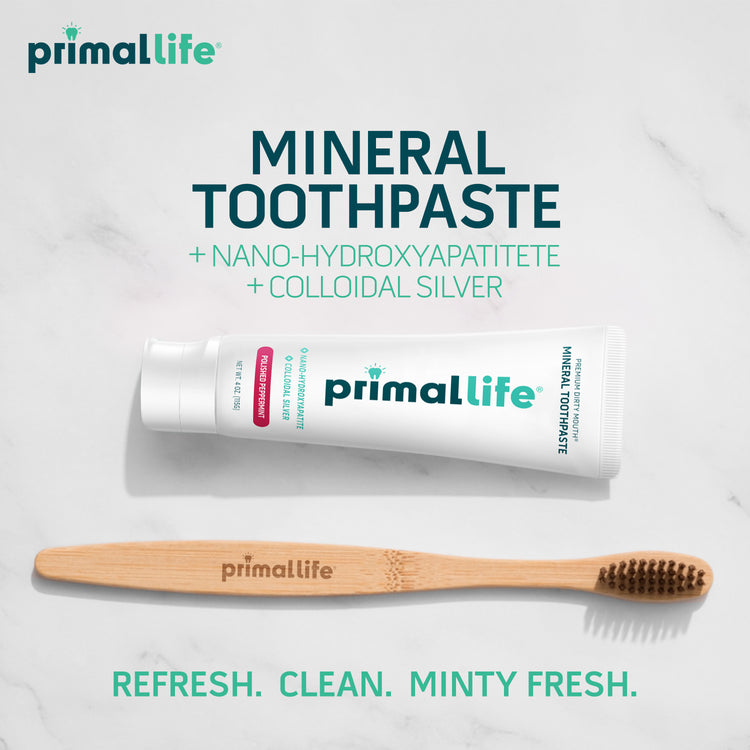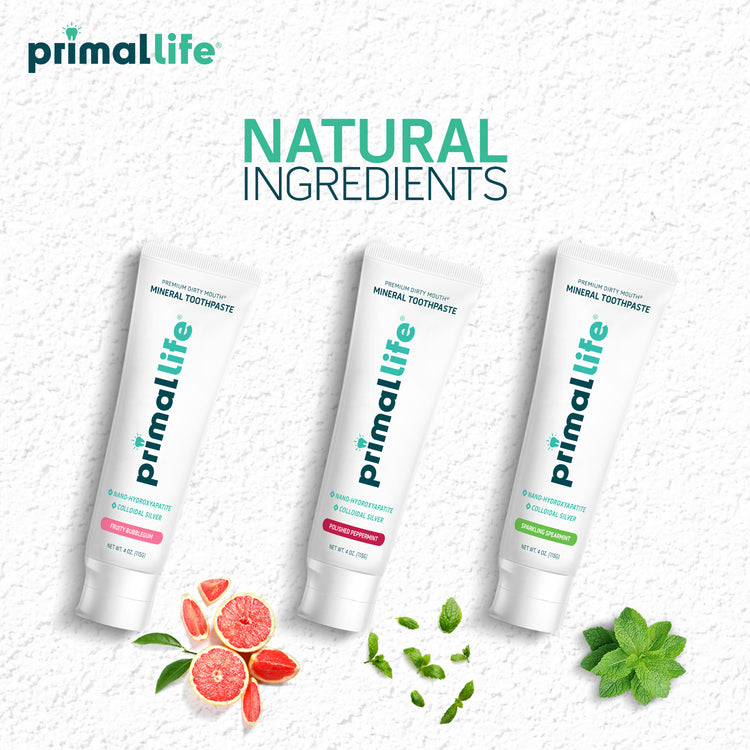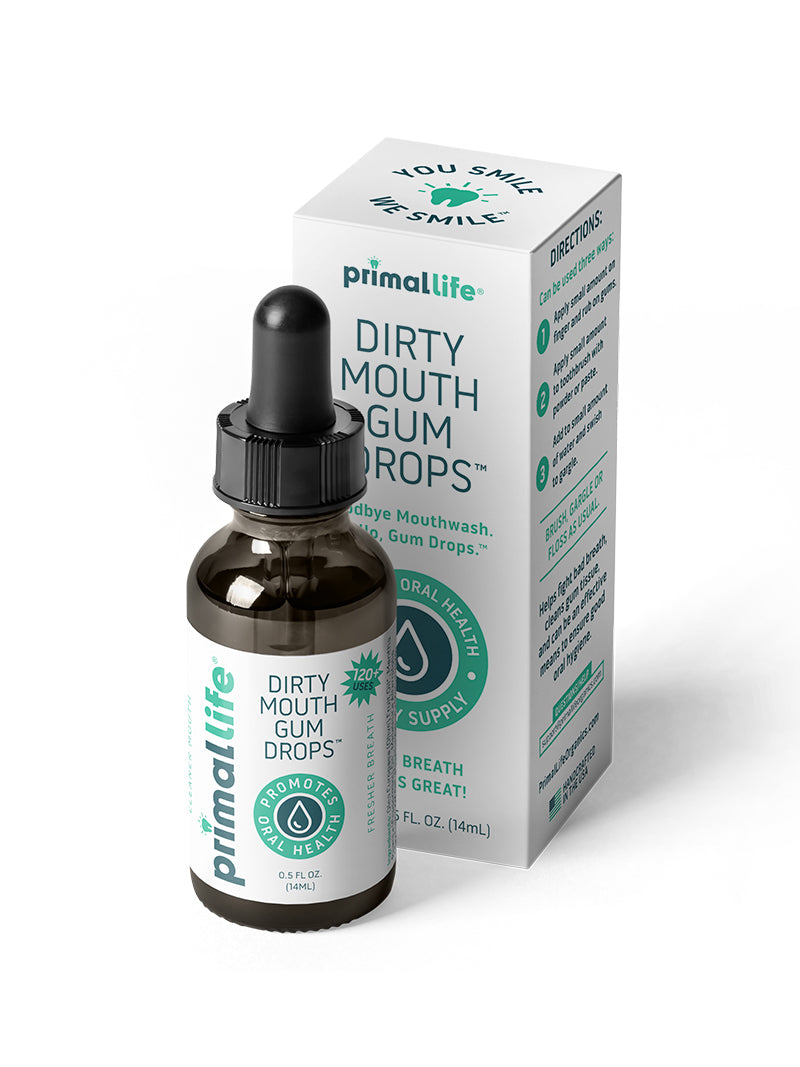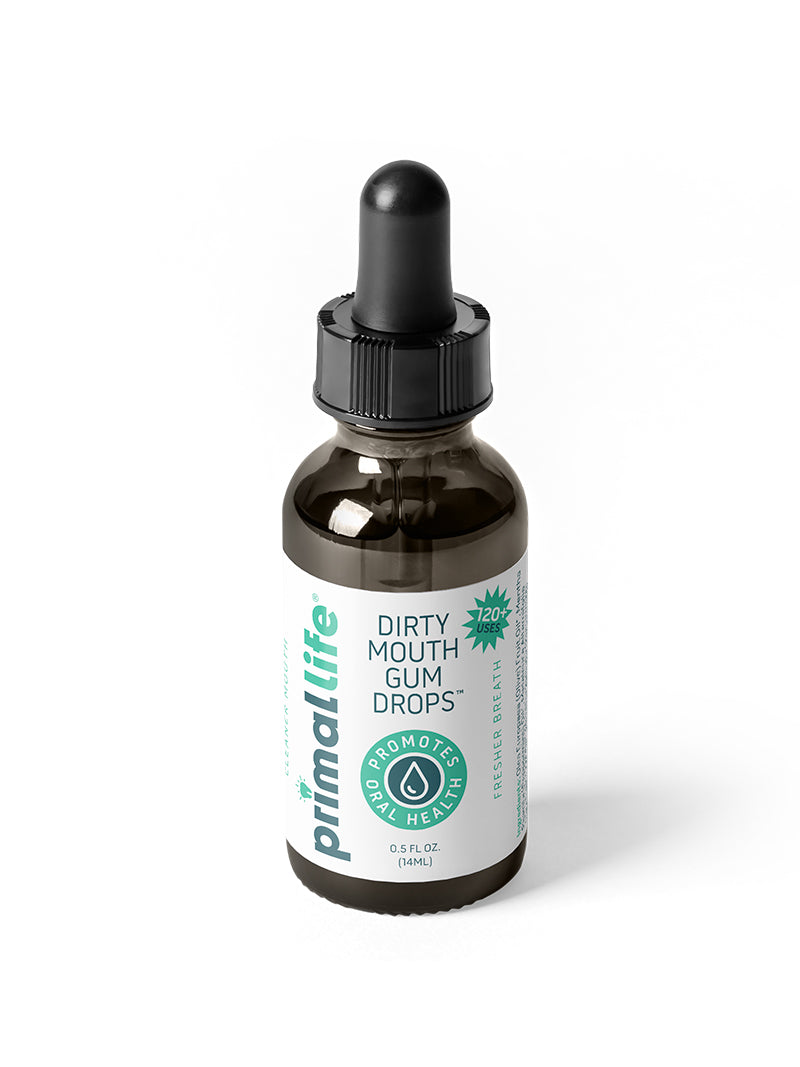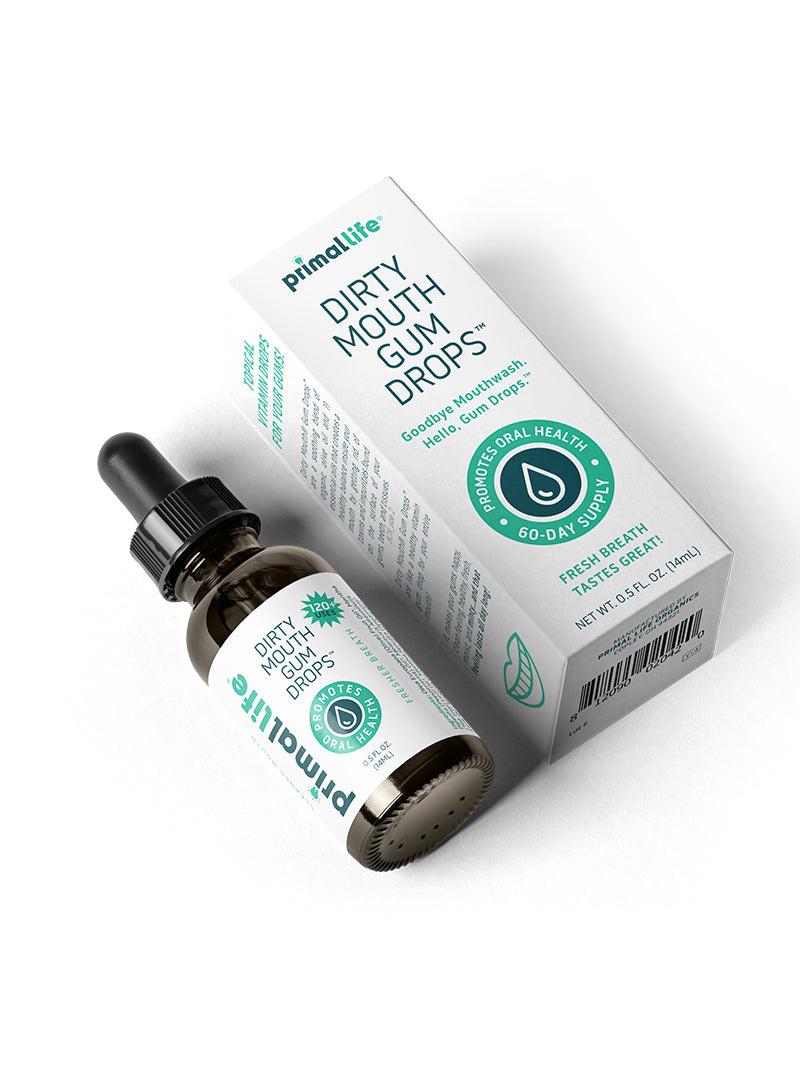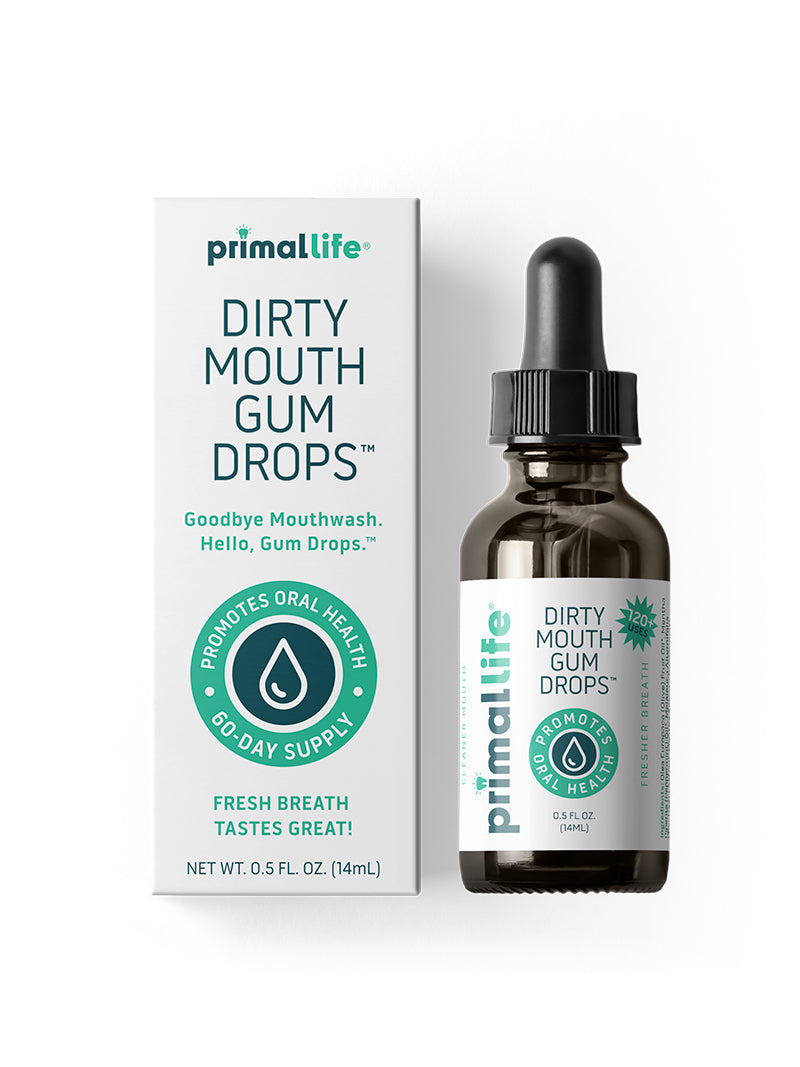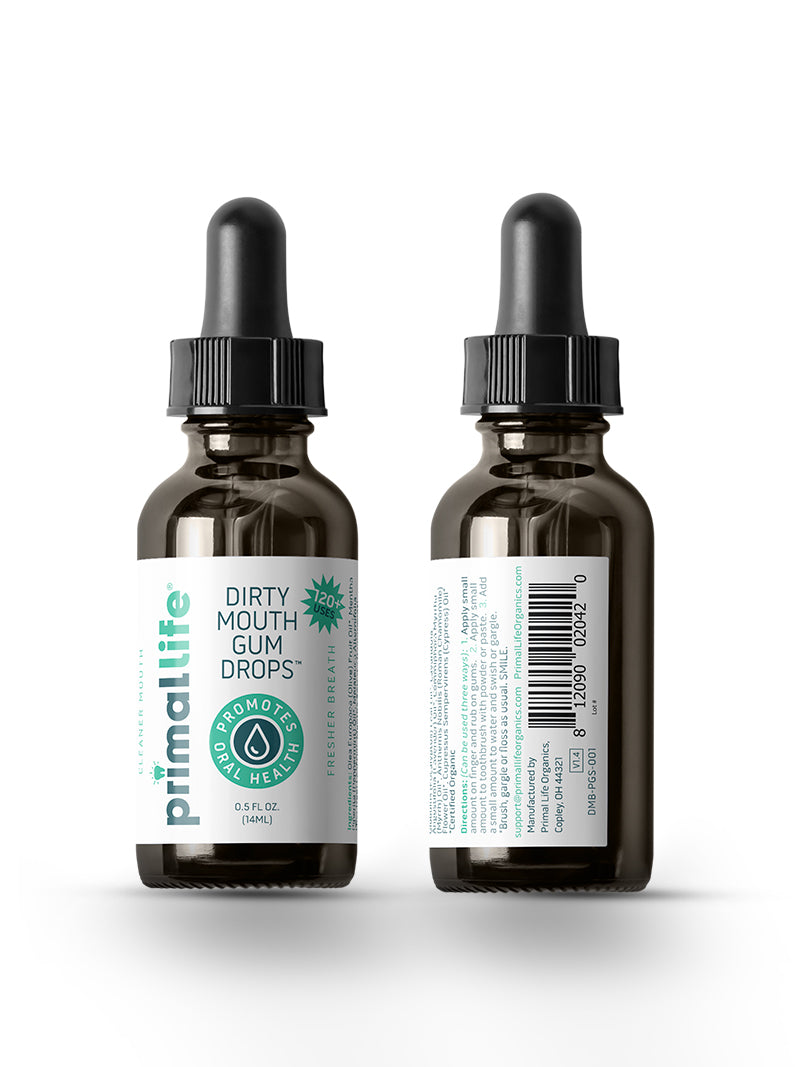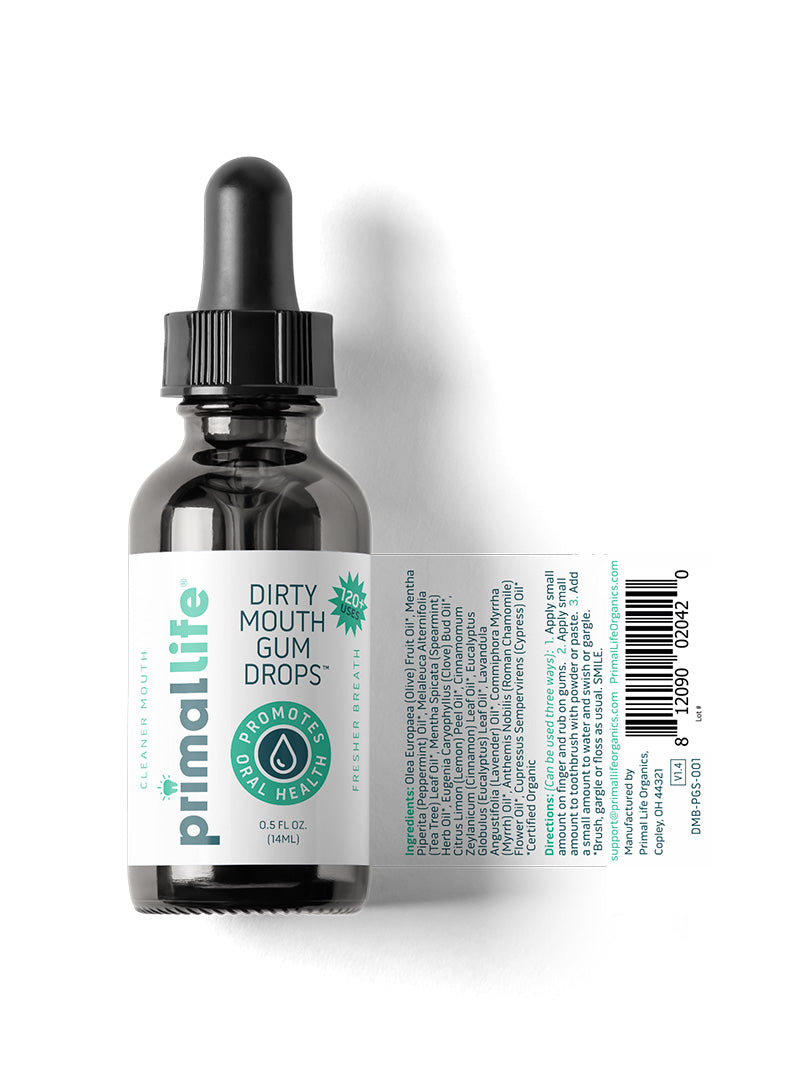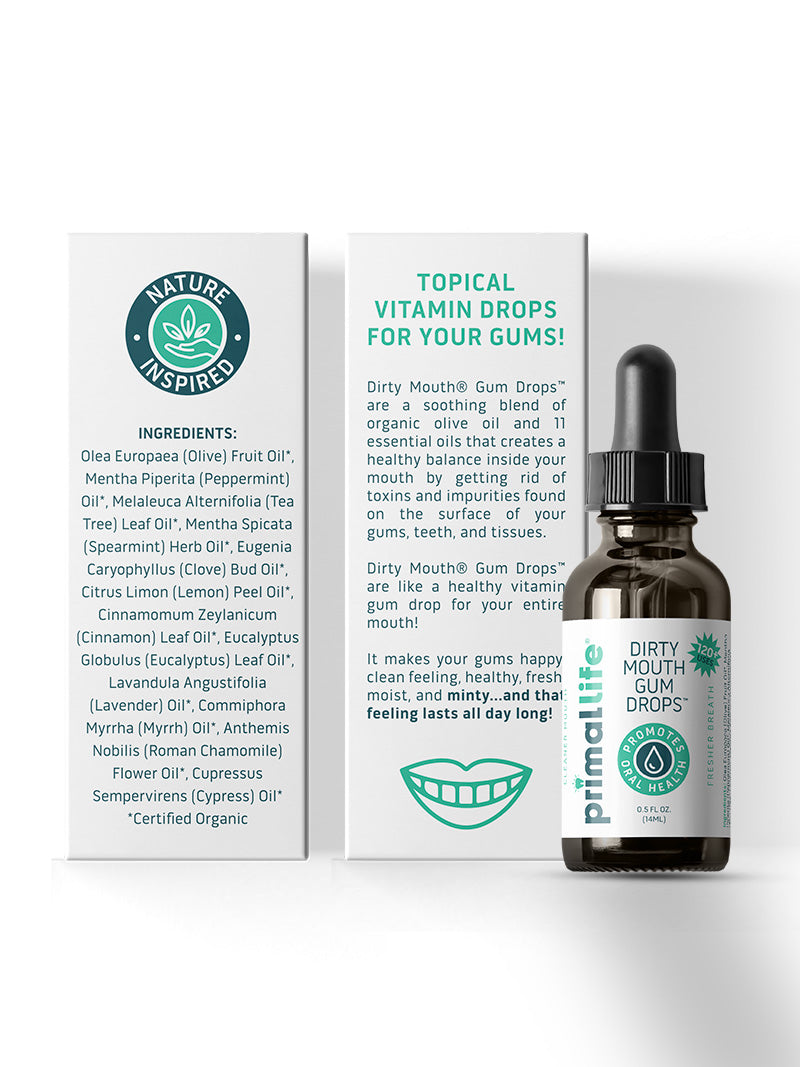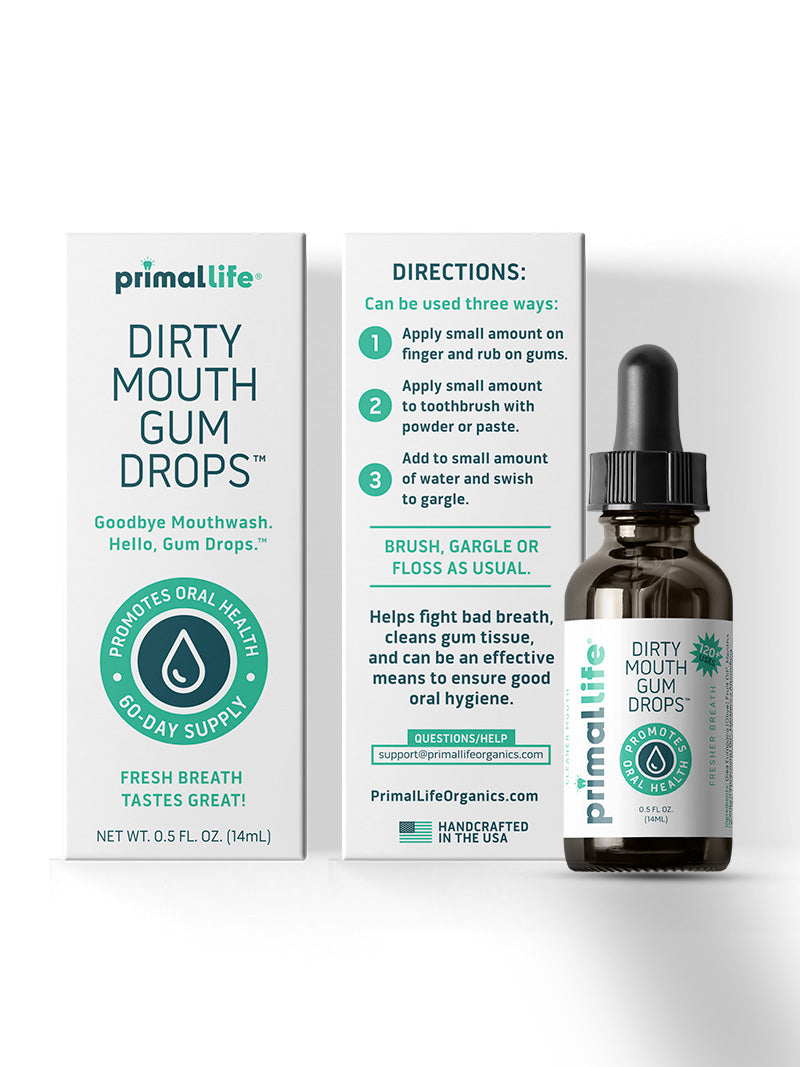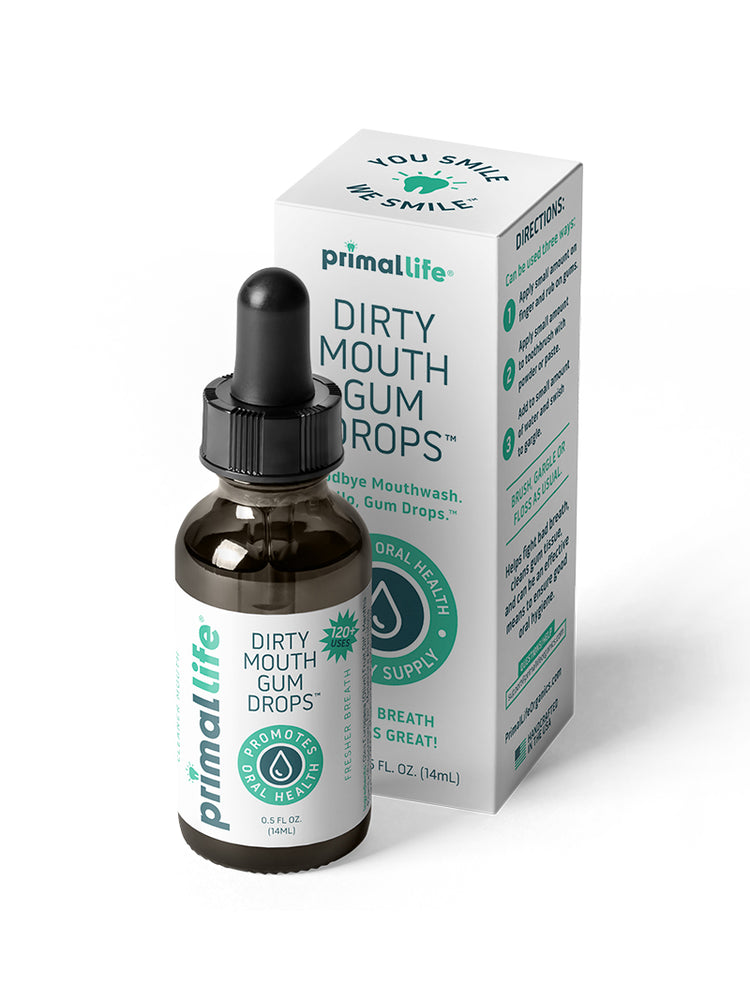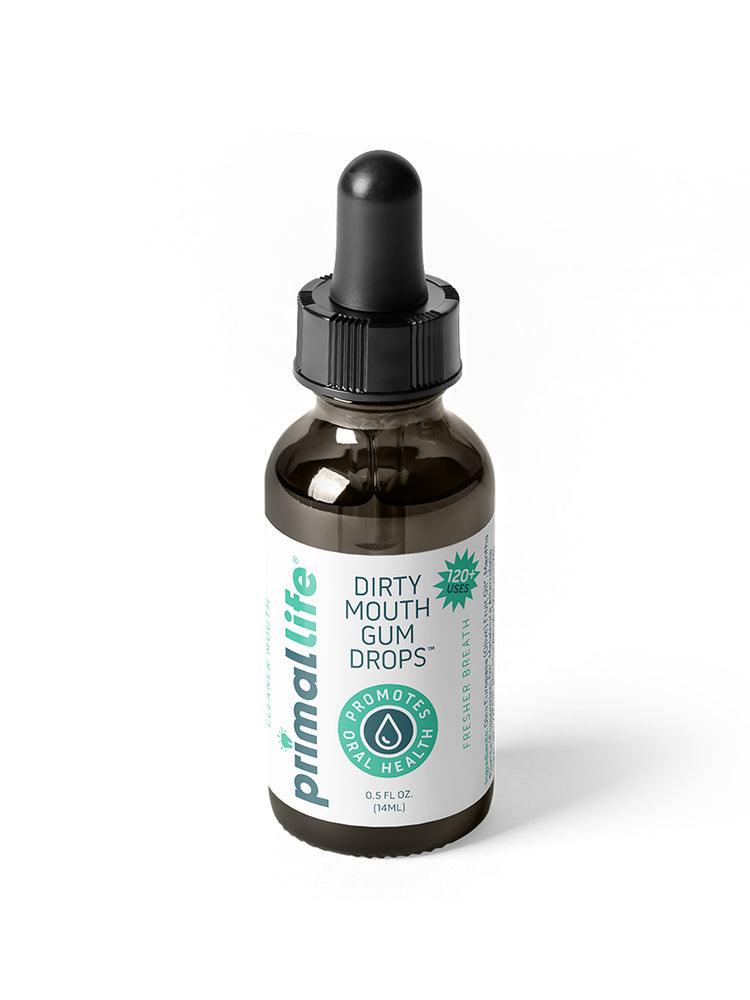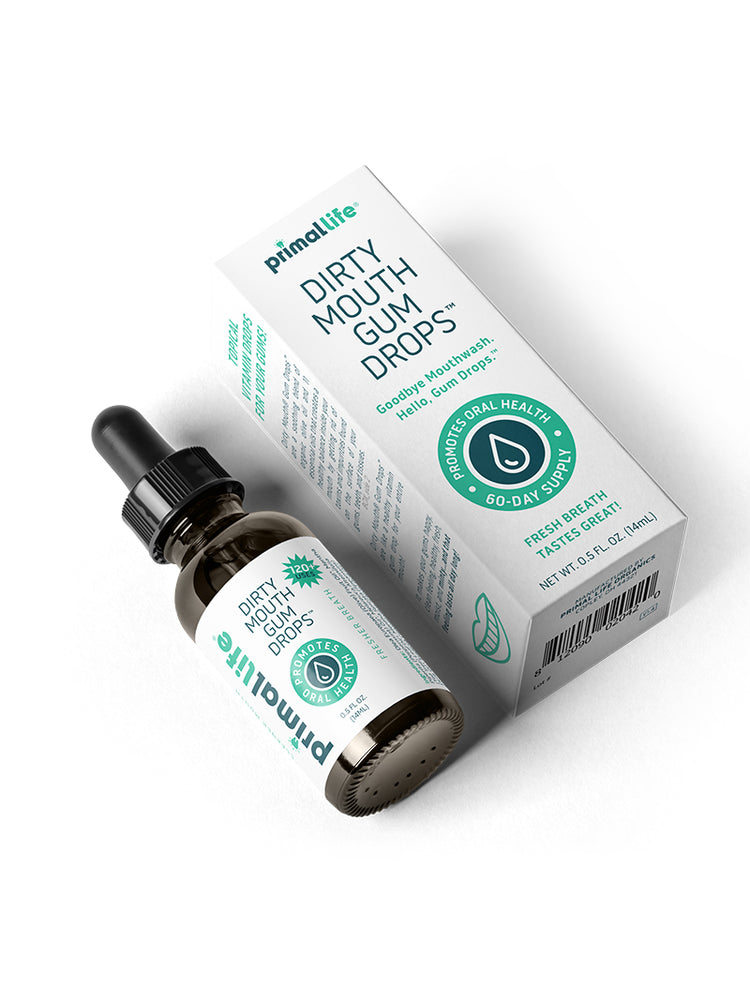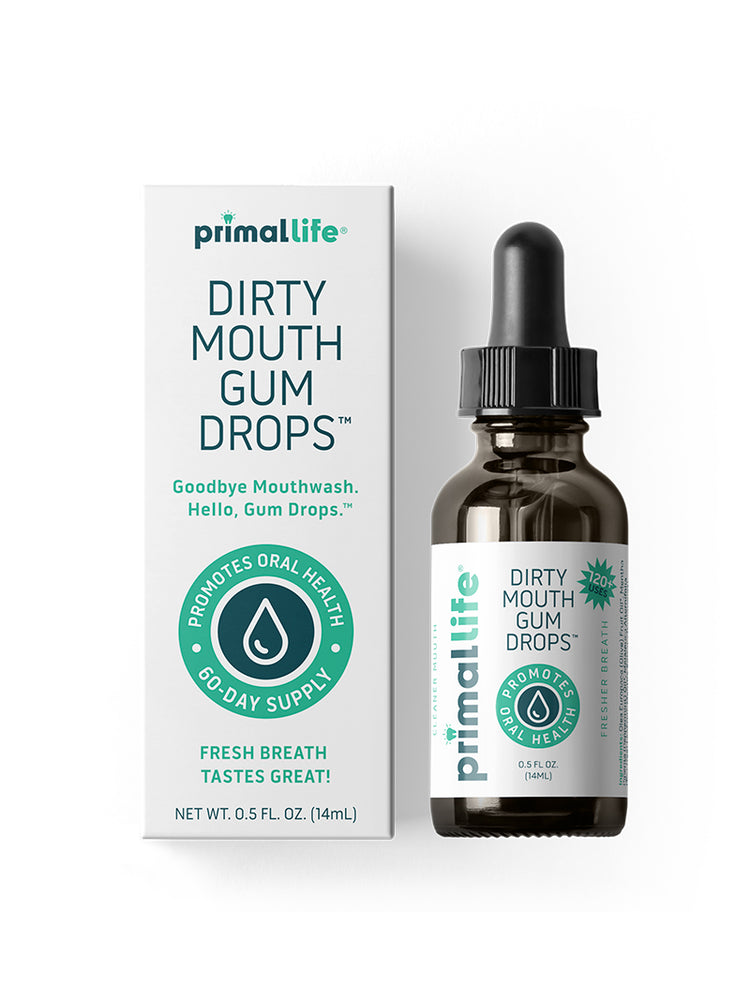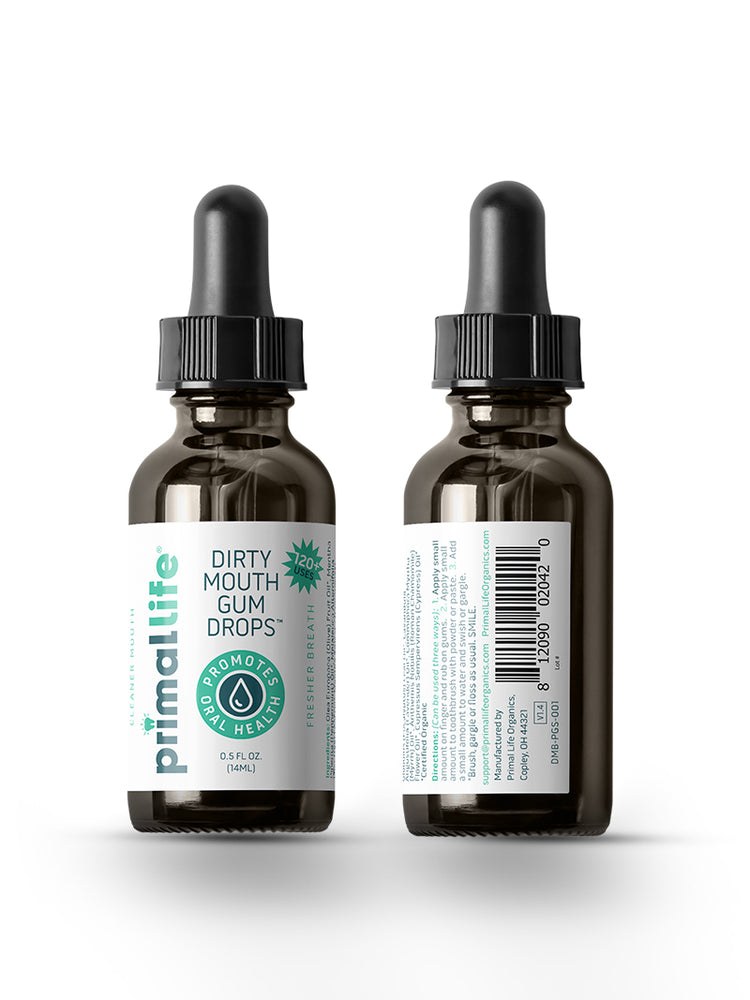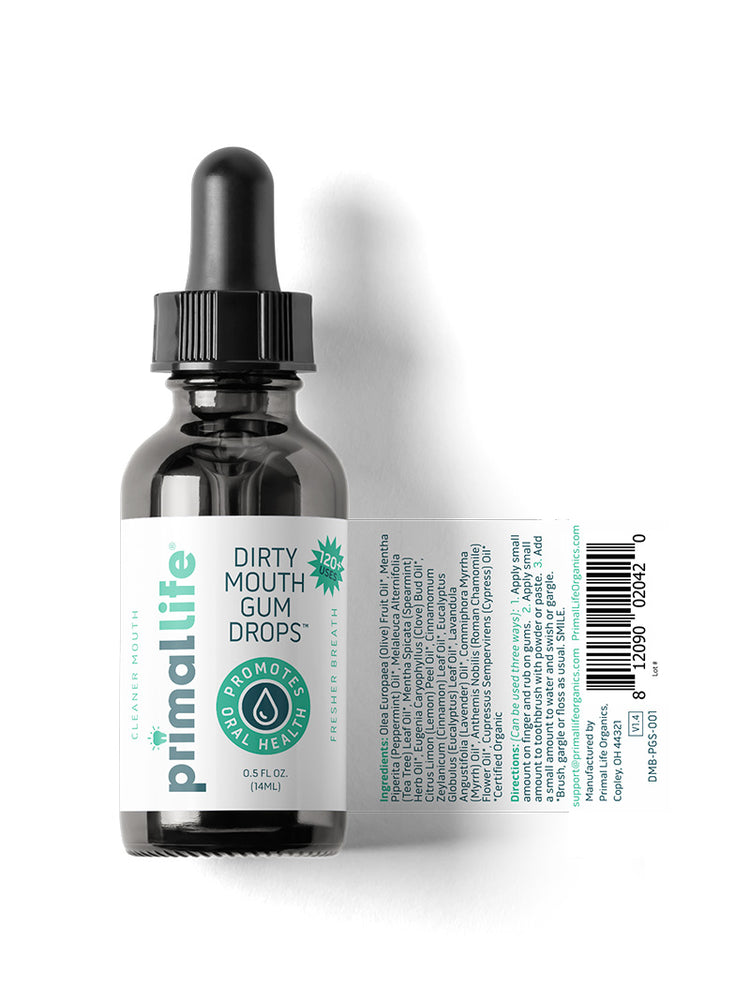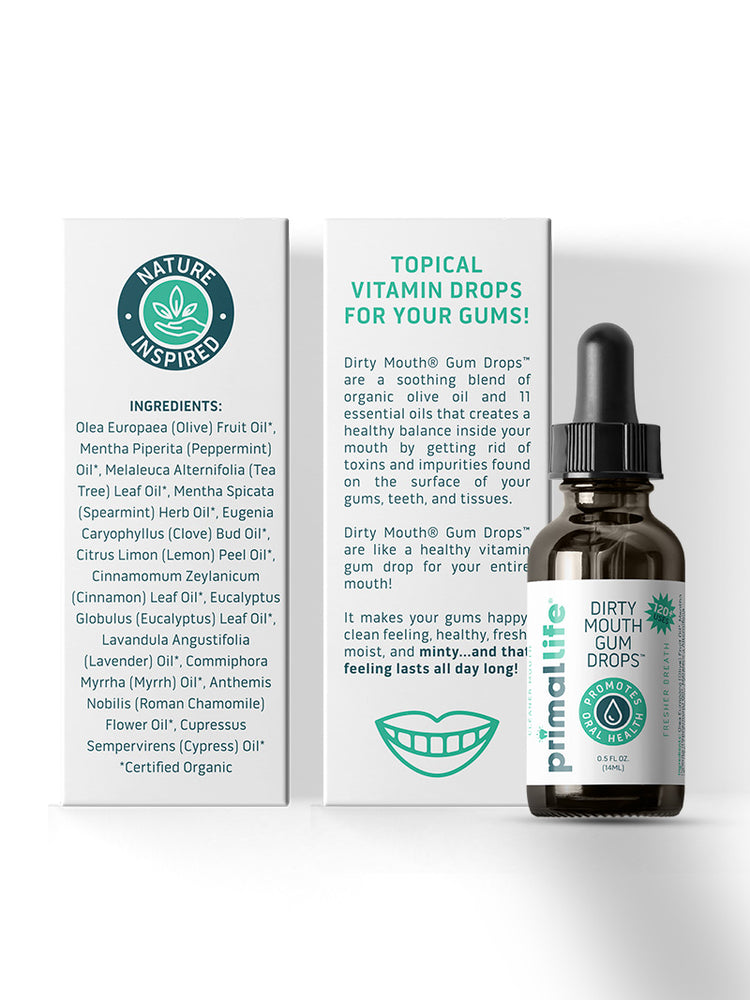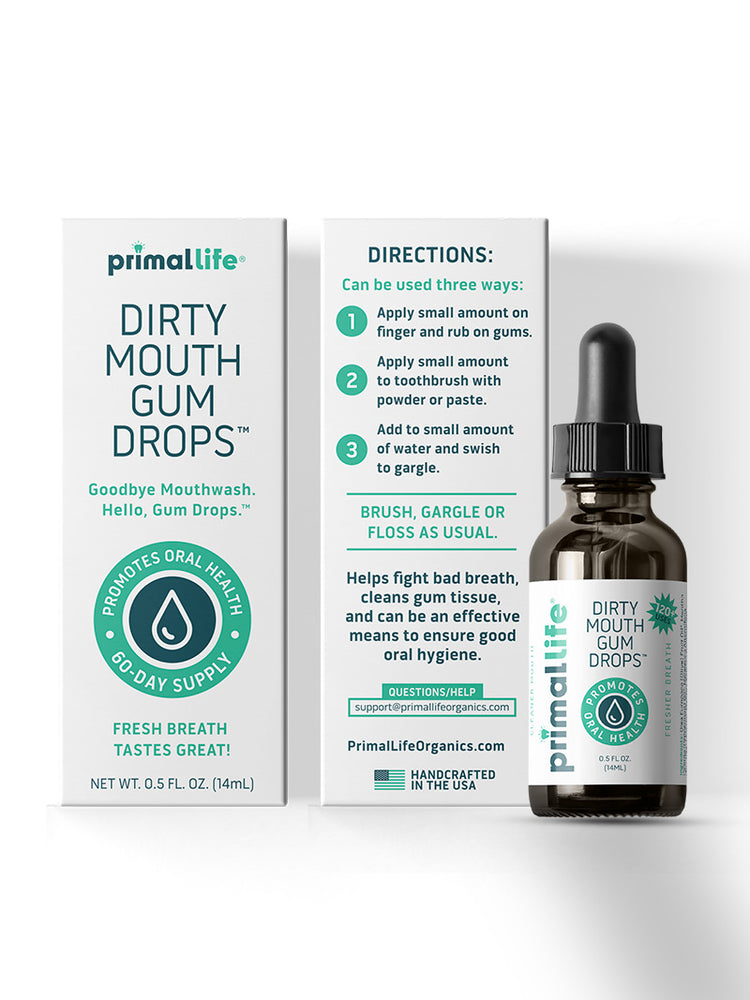How to Avoid Cavities During Pregnancy With a Remineralizing Oral Health Routine

It’s no secret, being pregnant comes with a lot of baggage. There’s frequent morning sickness, fever, and a constant need to visit your gynecologist. Beyond that, are you aware that pregnancy also places you at oral health risk?
Most women do not realize that their dental health is at risk when experiencing typical pregnancy symptoms. In fact, these two go hand in hand. But if you are not aware, it will look and feel strange to you.
This article will discuss the complexity of pregnancy and your dental health. More so, we will dive into the best practice to keep your unborn baby safe, all while maintaining that great smile on your face.
Let’s get into it.
How Does Pregnancy Affect Your Oral Health?

Keeping your dental health in check is challenging enough for most adults. And when pregnancy is involved, the risk for cavities, periodontal disease, inflammation, and gum weakness becomes much more apparent.
“You get one cavity for every baby you have” is an old saying shared by women, and considering the circumstances, it’s no joke! When women become pregnant, the unborn baby shares parts of the nutrients and minerals to develop their bodies. Thus, the role of prenatal vitamins in pregnancy cannot be overemphasized.
These vitamins composed of calcium, iron, zinc, selenium, vitamin B12, vitamin D, and folate are designed to restore your depleted nutrients. In theory, as long as you take a daily dose of prenatal vitamins, you and your baby will be safe.
However, it isn’t foolproof. Taking a prenatal vitamin doesn’t guarantee that you and your baby will enjoy a constant supply of micronutrients. There have been cases of women experiencing malabsorption, which causes the body to reduce nutrient absorption.
Many factors could result in malabsorption, including medications, digestive disorders, and even enzyme malfunction. There are no warning signs to this, so you don’t know if it’s happening until you begin to feel the complications. If unchecked, this could lead to issues such as anemia, preterm birth, pre-eclampsia, and in worse cases, birth defects.
So, where does your oral health play into this?
When your body suffers from malabsorption, it affects your teeth, too. For instance, you won’t be able to develop sufficient saliva to push down meals. It will leave remnants (plagues) in your mouth, causing issues like cavities, tooth decay, and pregnancy gingivitis.
Poor dental health can affect your baby. Excessive bacteria in the mouth flow into the bloodstream through the gums and swim down to the uterus. This triggers the production of prostaglandins – a chemical known to induce premature labor.
You can also pass the bacteria from your mouth to your kids via vertical transmission. Thus, reviewing your oral health during pregnancy is important to prevent these complications. We will explore them below.
Cavities During Pregnancy
Most adults deal with deteriorating oral health involving cavities. Pregnant women have a high risk due to the apparent lifestyle, physical, and physiological changes. Cavities typically occur when there’s a constant demineralization of the enamel because of excessive bacteria and acid in the mouth.
Pregnancy symptoms such as morning sickness influence the production of these acids and bacteria in the mouth. If left unchecked, cavities will develop and lead to further complications, including:
- Increased risk of cavities for the child
- Development of periodontal disease
- Oral abscess
Therefore, it’s essential to regulate the mineral content to prevent the development of acids and bacteria, leading to cavities.
Pregnancy Gingivitis
Gingivitis is usually the first stage of periodontal disease – an inflammatory gum tissue disease. It is often overlooked or roped into pregnancy symptoms because not enough attention is paid to it as the body constantly goes through physiological changes. As you deal with several hormones during pregnancy, they could threaten your oral health, reducing the efficacy of your dental immune system.
You may be dealing with pregnancy gingivitis if you experience any of the following:
- Bad breath
- Soft gums that bleed easily during brushing
- Swollen and red gums
According to research, 75% of pregnant women experience gingivitis signs. So, you should take it seriously.
The Dangers of Dental Problems During Pregnancy

It is essential to note that your oral health faces critical risks during pregnancy. Cavities and gingivitis are the least of your worries, as they go a long way to affect your microbiome, gut, and immune system.
What’s even worse? Your unborn child shares some of those risks. They include:
Premature Birth
One of the risks of poor oral health is premature birth. Experiencing severe periodontitis results in the production of bacteria and chronic inflammation indicators such as interleukins, prostaglandins, and cytokines.
These indicators attack your gum tissue, creating micro openings and promoting the movement of bacteria and acids down the amniotic fluid. The fluid penetrates the cervix, uterus, and placenta, triggering premature labor.
It’s weird when you think about it. But every part of your body is connected, and one minor issue triggers another elsewhere.
Low Birth Weight of Child
Are you aware that poor oral health could lead to the low birth weight of your newborn child? While periodontitis could trigger premature birth, it also triggers the release of PGE2 – another chronic inflammation indicator.
PGE2 is known to restrict placenta blood flow to the unborn baby. When your baby isn’t getting enough oxygen and nutrients, its growth and weight are affected.
Transfer of Bacteria to Unborn Child
Another danger of poor dental health is the unwanted transfer of bacteria to the unborn child. These bacteria are transferred to the child, the blood vessels, and amniotic fluid.
Unborn babies swallow nutrients through the fluid during pregnancy and labor. When these harmful bacteria get into the fluid, they affect your child's digestive system.
Nearly 50 strains of bacteria are typically found in newborn babies' stomachs. While most of these bacteria are normal, the ones you should be worried about is Streptococcus sinesis and Granulicatella elegans. Those bacteria stem from a mother’s tooth cavity, increasing the risk of infection.
Defects in Child Development
Your oral health indirectly impacts the development of your unborn child. Cavities and tooth gingivitis occur as a result of nutritional deficiencies. When this happens, your unborn child is affected.
It is essential to constantly monitor your dental health for symptoms of these issues and correct them accordingly.
Essential Nutrients During Pregnancy

It seems like a mouthful when considering the dangers of poor dental health during pregnancy. You must take proactive steps to protect yourself and your child from deficiencies and defects. Some of the prenatal vitamins and nutrients you need include:
- Folic Acid. Otherwise known as vitamin B9, folic acid plays an essential role in your body – in the formation of DNA and regulation of cell growth. Babies who do not get enough of it struggle with birth abnormalities and defects such as spina bifida.
- Vitamin D. Vitamin D is also another essential vitamin your body needs. It helps regulate all the systems in your body and promotes calcium absorption. If you’re deficient in vitamin D, you may struggle with weaker bones, diabetes, and high blood pressure.
- Iron. Iron is essential to producing hemoglobin – a part of the red blood cells that moves oxygen throughout the body. Your baby in the womb needs it for proper development and wellbeing.
- Iodine. Iodine is also vital in your body. It enhances healthy thyroid development in a developing fetus. The thyroid typically regulates the nervous system and brain development in babies. This means that thyroid deficiencies in babies can result in developmental issues.
- Zinc. This mineral plays a significant role in cell growth and protein synthesis. It also makes your immune system formidable against infection and promotes wound healing.
- Calcium. Calcium promotes your baby’s bone, teeth, and gum development; therefore, a steady supply of it helps your baby seamlessly. Calcium also reduces the risk of premature labor and birth.
These nutrients and minerals are essential for you and your unborn child. You should consider adding these supplements to your meals.
Vital Tips for Pregnancy and Dental Care

It is your responsibility to keep you and your baby safe during pregnancy. Beyond the increasing hormones and abnormalities that might threaten your dental health, it is essential to take steps to prevent cavities, gingivitis, and massive bacteria lodging in your mouth.
Some of the tips to promote oral health include:
Visit Your Dentist
A regular visit to your dentist is essential during pregnancy, as symptoms of cavities and gingivitis can be easily spotted and rectified before complications occur.
However, it is essential to visit a holistic dentist that can identify all the minor flaws threatening your dental health and recommend toothpaste alternatives that will promote efficient dental care.
A professional dentist can note that the typical fluoride toothpaste contains some chemicals such as SLS, triclosan, aspartame, and other neurotoxins that may be dangerous for your unborn child.
It should be noted that invasive dental treatments, x-rays, and other radiographs pose a high risk to pregnancy and the baby’s development.
Brush With Toothpowder to Restore Minerals
We’ve already established that fluoride toothpaste is loaded with several neurotoxins that might threaten your baby's health. So, what are the alternatives to try out?
Toothpowders.
You may have heard about it before but have not paid enough attention. While typical toothpaste is designed to eliminate all the bacteria in your mouth – including positive minerals – toothpowder remineralizes your teeth after washing to restore healthy minerals and tooth enamel.
Our Dirty Mouth Toothpowder is made with hydroxyapatite and is specially formulated with all the nutrients for you and your child. It is recommended to brush twice daily with the toothpowder to enjoy the following benefits:
- Strong teeth
- Less sensitive teeth
- Less tartar and plaque
- Reduced gum inflammation
The Dirty Mouth Toothpowder also promotes the retention of the minerals your teeth are naturally made of. This goes a long way in strengthening and whitening the teeth, giving you the bright smile you deserve.
You can also take advantage of the Dental Detox Kit. This all-you-need product will remineralize your enamel, detoxify your mouth tissues from harmful bacteria, create an alkaline presence, and lower gum inflammation in your mouth.
These products are designed to enhance your dental health in ways you never imagined.
Support Your Gum and Saliva Health
Pregnancy gingivitis happens when your gum health is threatened by periodontal diseases. As you’ve learned from this article, it has a lot of implications for your unborn child.
In addition to using the Dirty Mouth Toothpowder, our Dirty Mouth Toothpaste is perfect for strengthening your gums.
This toothpaste uniquely features colloidal silver, which acts as an antimicrobial, antibacterial, and anti-inflammatory agent. Its usage will remove harmful bacteria in your gum before they cause any complications.
We also recommend Dirty Mouth Gum Serum which contains eleven essential oils designed to protect and enhance your gum tissue. These essential oils include tea tree, lemon, peppermint, and chamomile, which prevent the formation of periodontitis and gingivitis.
Your daily mineralized oral routine should contain either the Dirty Mouth Toothpaste or Dirty Mouth Toothpowder, and Dirty Mouth Gum Serum to keep your oral health in check while transmitting the nutrients your child deserves.







